
You may have heard of sprouts and microgreens or seen them garnish plates of food at a restaurant, but did you know they’re actually edible? Even better, these small but mighty greens are brimming with vitamins, minerals, and nutrients!
In this article, we’ll explore the different health benefits of microgreens and sprouts and ways you can start incorporating them into your daily diet.
Types of Sprouts and Microgreens
Although they are often confused, sprouts and microgreens are different:
Sprouts are eaten when the seed has germinated but before the leaves have formed - you can eat the whole plant, seed, and all, they are ready for harvest in about two to four days.
Microgreens, on the other hand, are eaten once the first two leaves have formed - with these, you eat the stem and the leaves, but not the roots or seed, harvest is usually after they have grown for a week or two.
Studies have shown that these young and tender plants have higher vitamin and nutrient concentrations than their mature counterparts, making them great for people wanting to increase their nutrient intake. Here’s a list of the different kinds of sprouts and microgreens and the vitamins they contain:
- Sunflower Microgreens: Sunflower microgreens are an excellent source of iron, magnesium, potassium and vitamins A and C.
- Red cabbage: These microgreens are full of folate, calcium and vitamins C and K. Rich in anthocyanins, red cabbage sprouts have anti-inflammatory properties and contribute to heart health.
- Kale: Both young and mature counterparts are nutritional gold mines full of calcium and vitamins A, C and K, supporting immune function and bone health.
- Basil: The microgreens of these delicious herbs contain many vitamins and nutrients such as calcium, iron, magnesium, phosphorus, and potassium.
- Rocket (Arugula) Sprouts: Known for their peppery flavor, rocket sprouts are a good source of vitamins A and K, promoting eye health and aiding in blood clotting.
- Alfalfa Sprouts: Packed with enzymes and vitamins, alfalfa sprouts support digestion and provide a range of essential nutrients.
- Clover Sprouts: With a mild, slightly sweet taste, clover sprouts are rich in phytonutrients and may contribute to overall well-being.
- Radish Sprouts: High in vitamin C and antioxidants, radish sprouts support a healthy immune system and may have anti-cancer properties.
- Mung Bean Sprouts: A good source of protein and fiber, mung bean sprouts aid in digestion and provide sustained energy.
- Mustard Sprouts: Featuring a spicy kick, mustard sprouts contain glucosinolates, which have potential anti-cancer properties and support detoxification.
There are almost as many sprout and microgreen varieties as there are plants, so the list could go on and on. In general, though, sprouts and microgreens are great sources of vitamins A, C, K and B-complex vitamins that can help support your immune health. They can also spruce up your diet with a dose of fibre, antioxidants and minerals that can support better digestion.
Incorporating sprouts and microgreens into your daily meals
With such a wide variety of sprouts and microgreens, these nutrient-dense ingredients are bursting with flavour, making them easy to add to every meal for an extra dose of healthy goodness. There are many ways you can add microgreens and sprouts into delicious salads and sandwiches. You can even blend them into soups, sauces, or even smoothies!
Instead of simply using them as a garnish, try some of these ways you can add more sprouts and microgreens to your diet:
- Make salads - Toss a mix of your favourite microgreens in a salad or blend them together with olive oil for a fresh salad dressing.
- Add them to sauces - Make a pesto for pasta or mix your microgreens into a mayo or aioli for sandwich spreads or a dip for snacks.
-
Mix them in drinks - They’re a great way to sneak in some more greens into smoothies or refreshing beverages such as fresh and minty teas, or maybe even a cocktail!
Learn how to grow Sprouts and Microgreens with our simple grow guide.
Disclaimer:
The information provided here is for general informational purposes only and should not be considered as professional or medical advice. It is not intended to replace consultation with a qualified healthcare professional. Always seek the advice of your physician or other qualified health provider with any questions you may have regarding your health or a medical condition. Never disregard professional medical advice or delay in seeking it because of something you have read in this content. Reliance on any information provided in this article is solely at your own risk.








































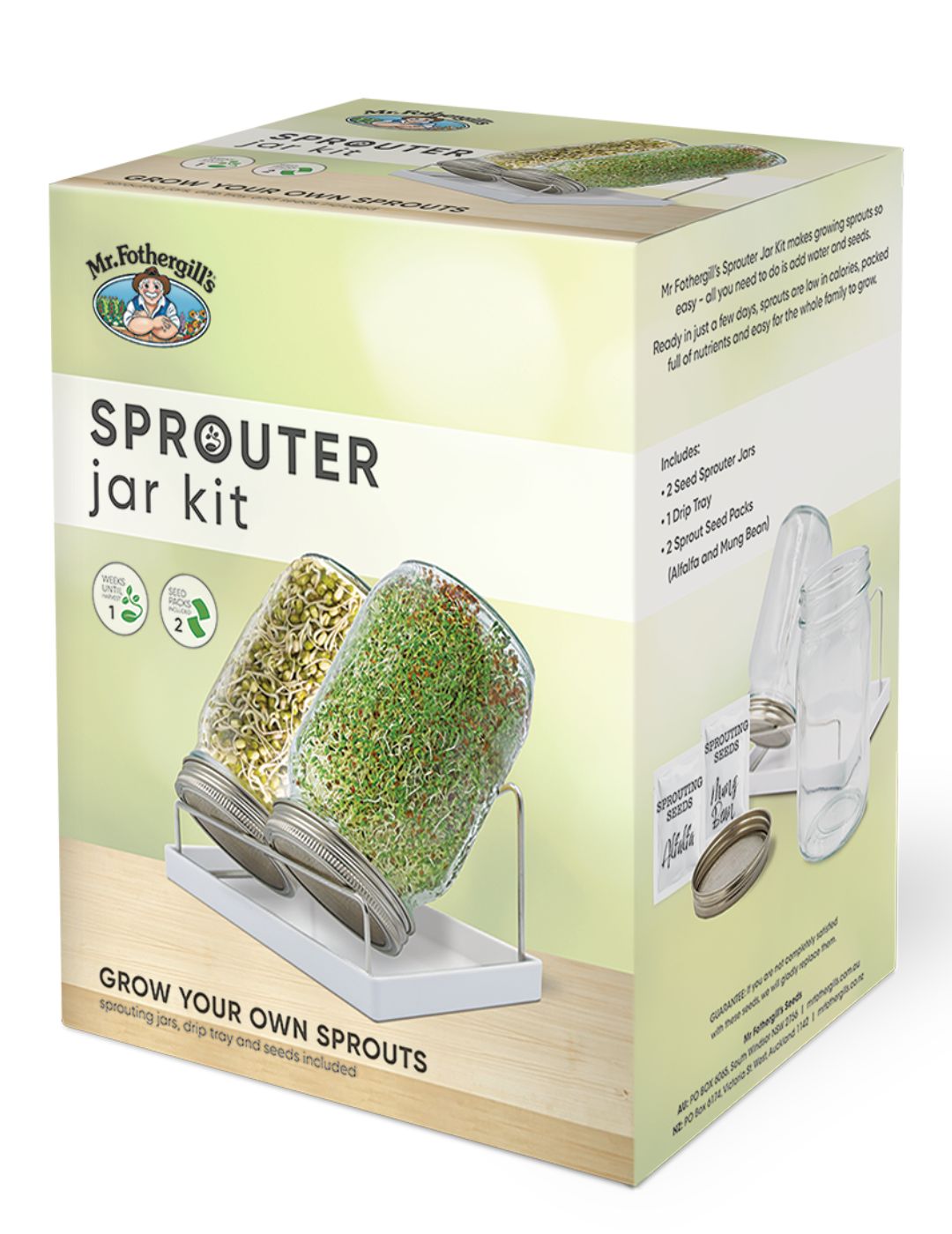
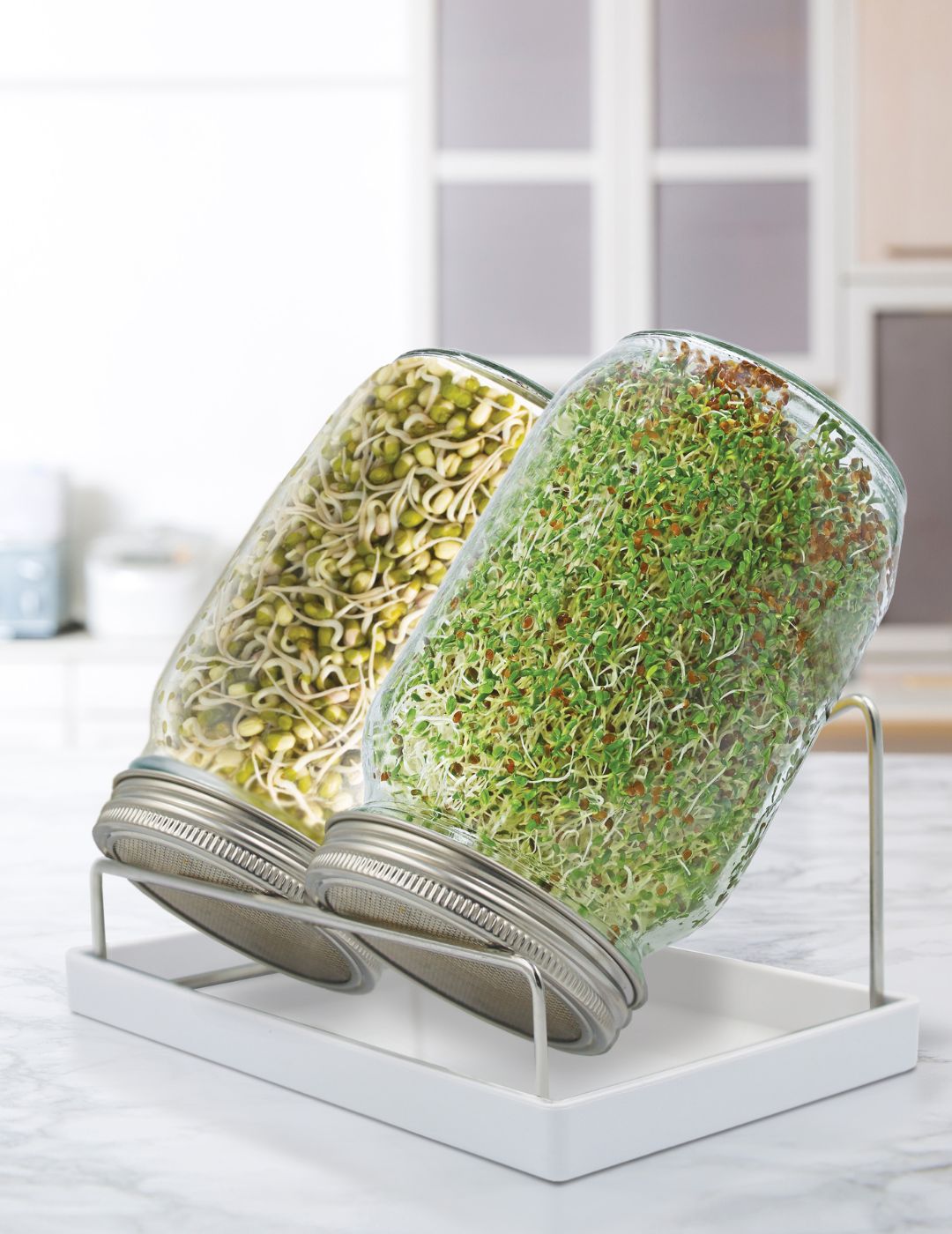
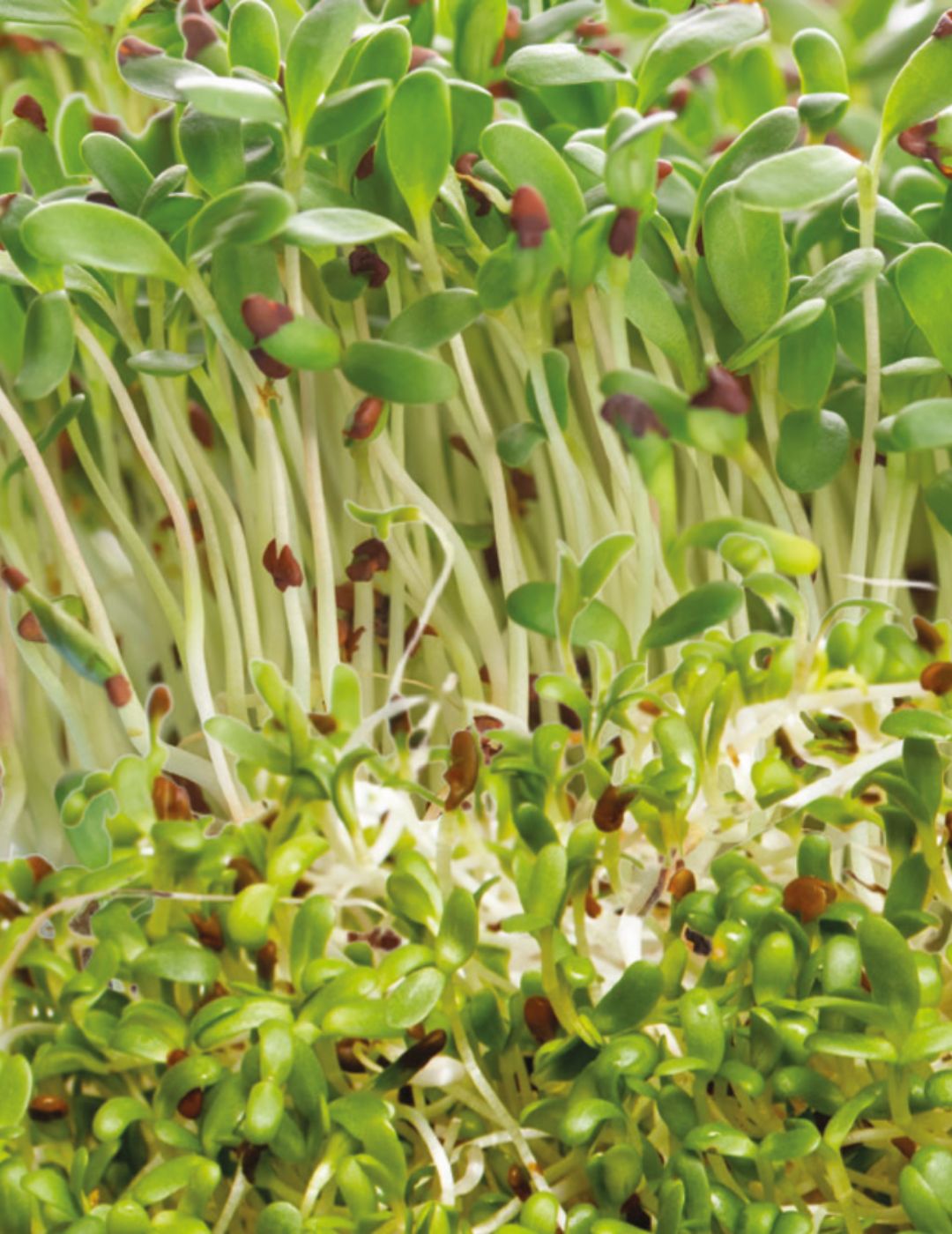
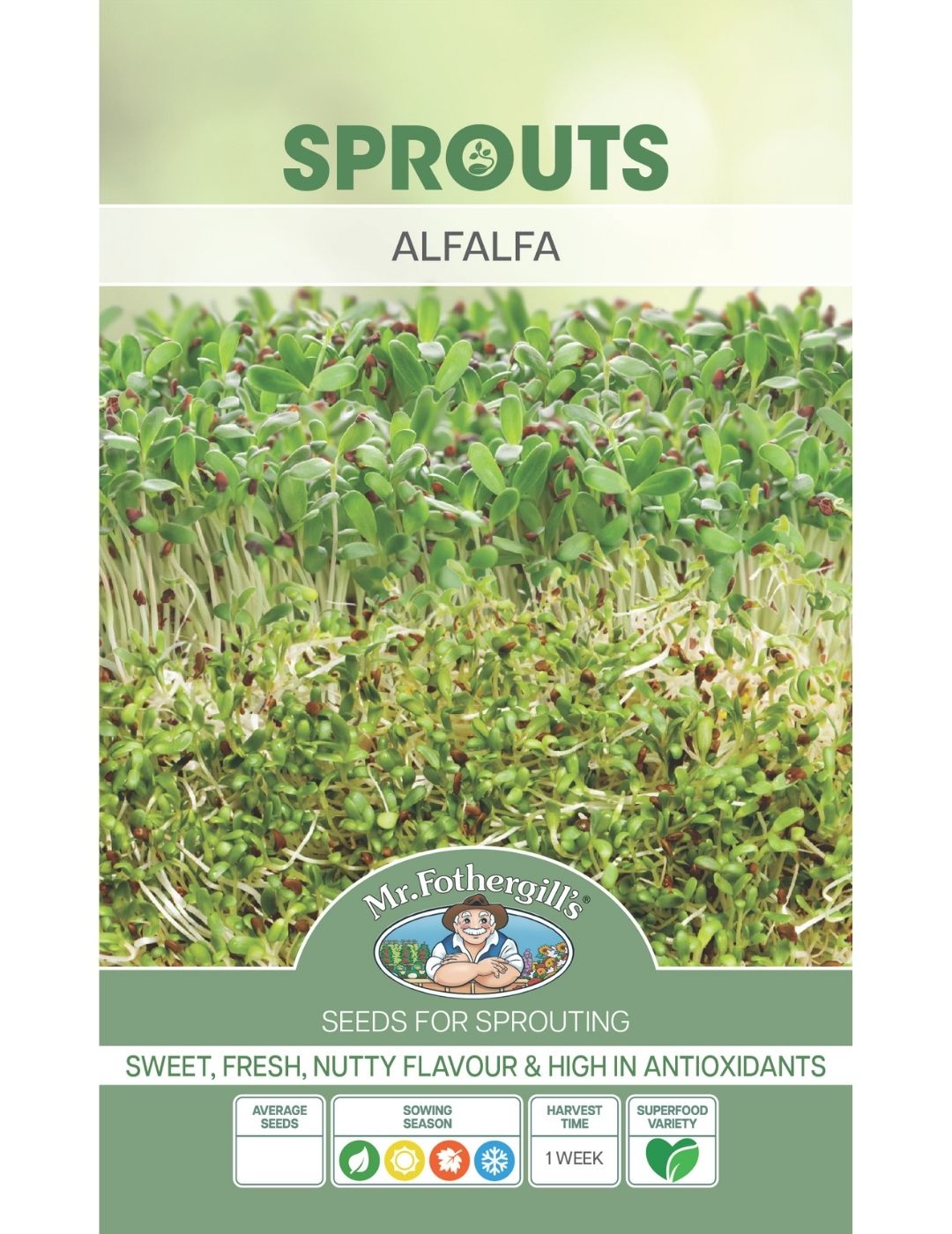
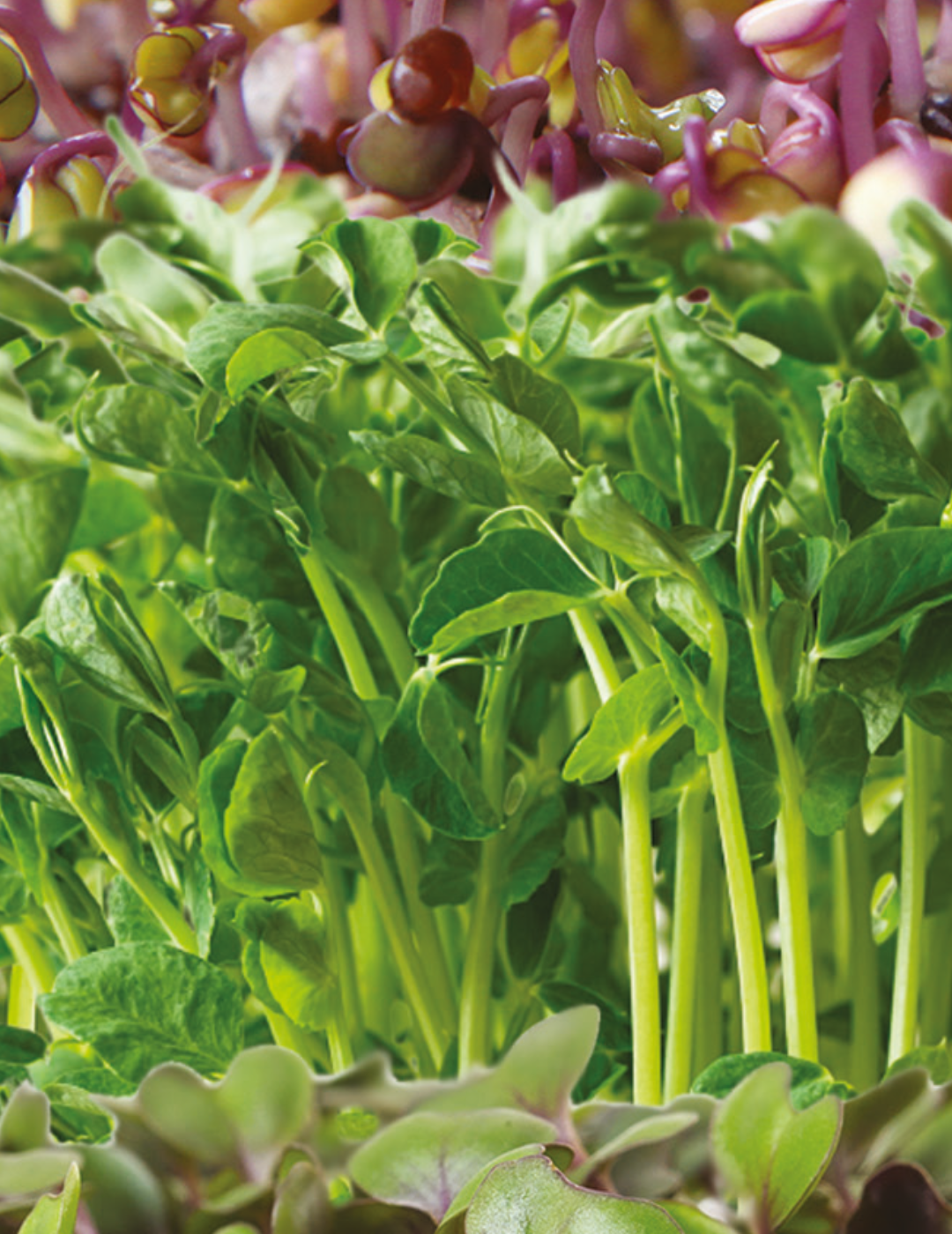
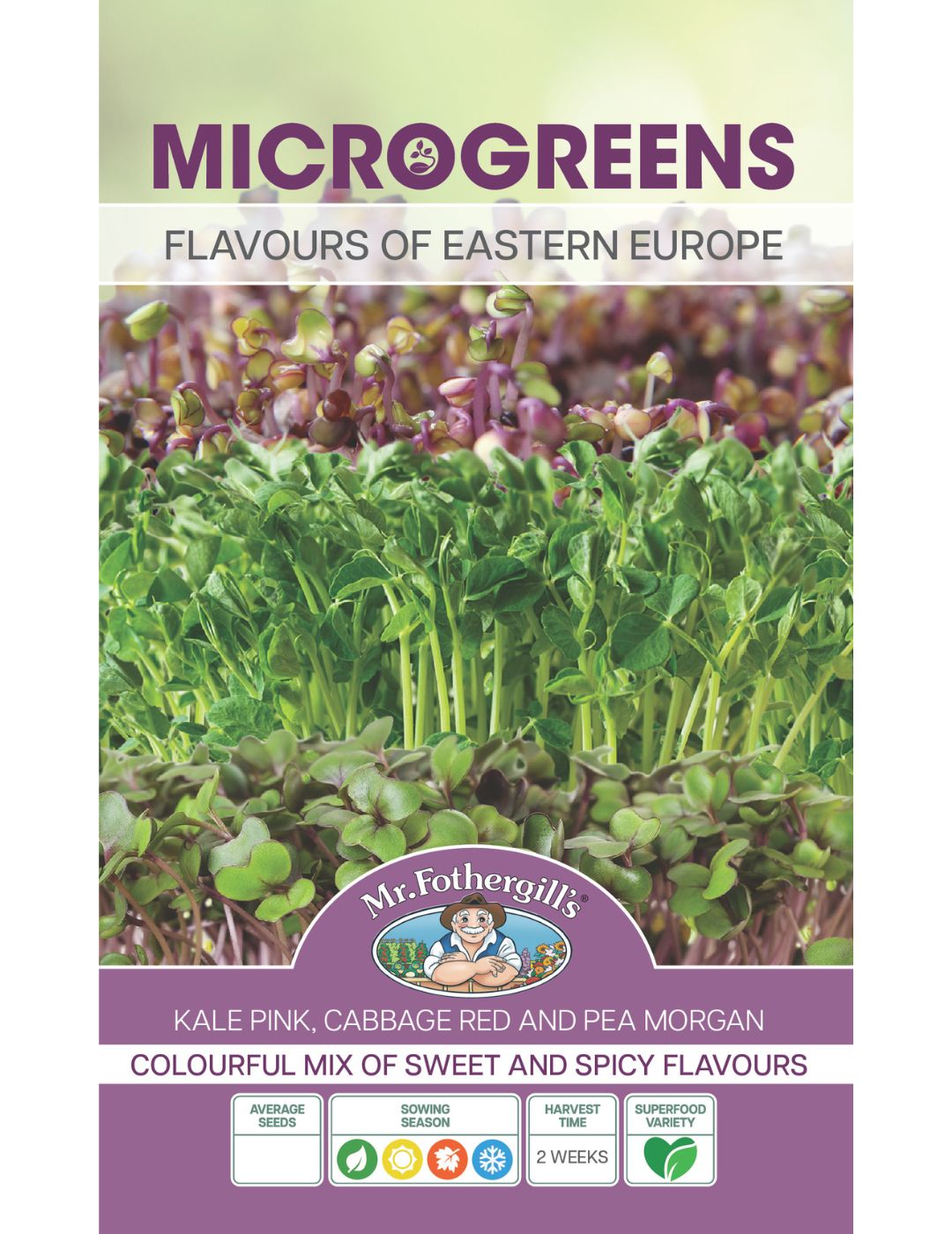
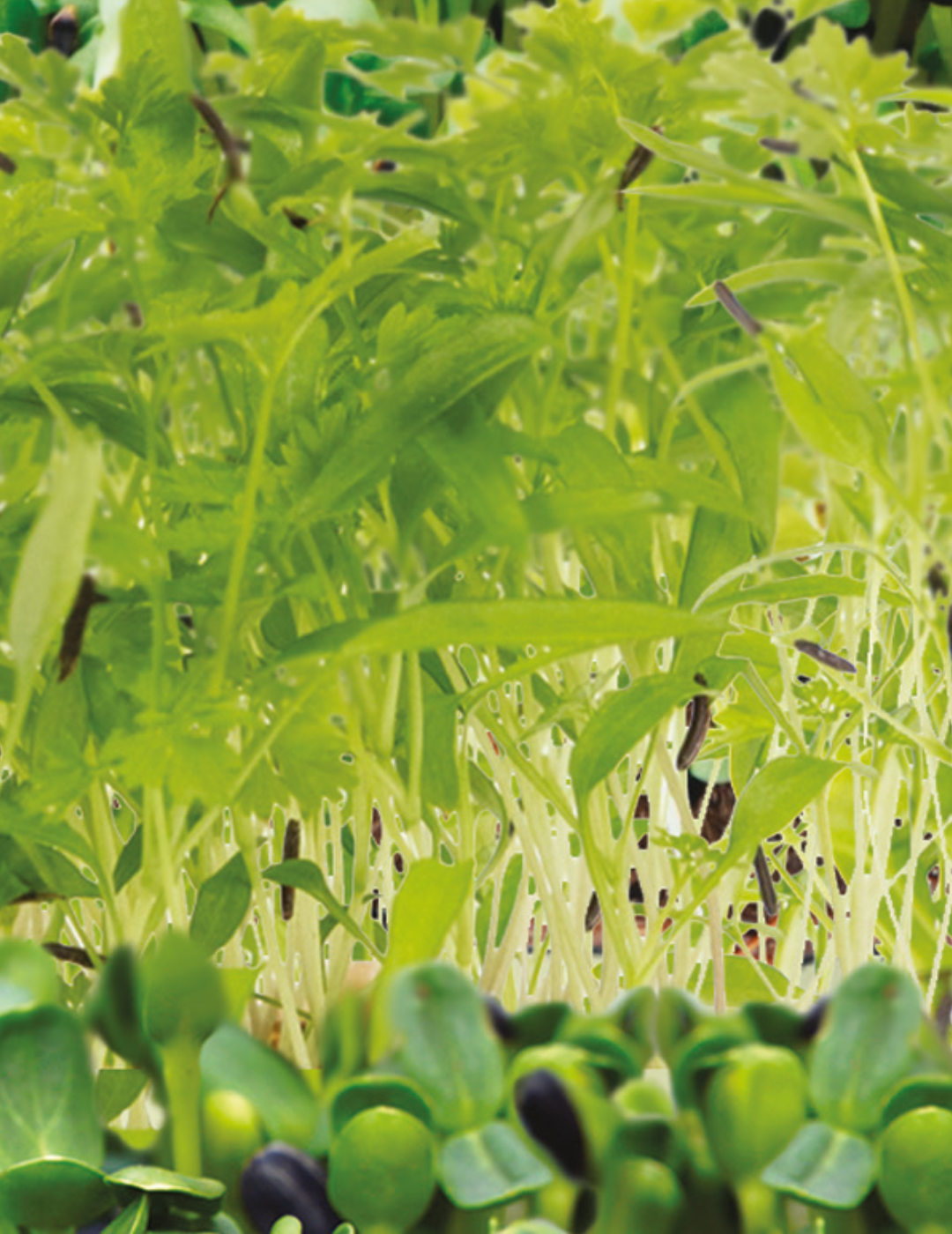
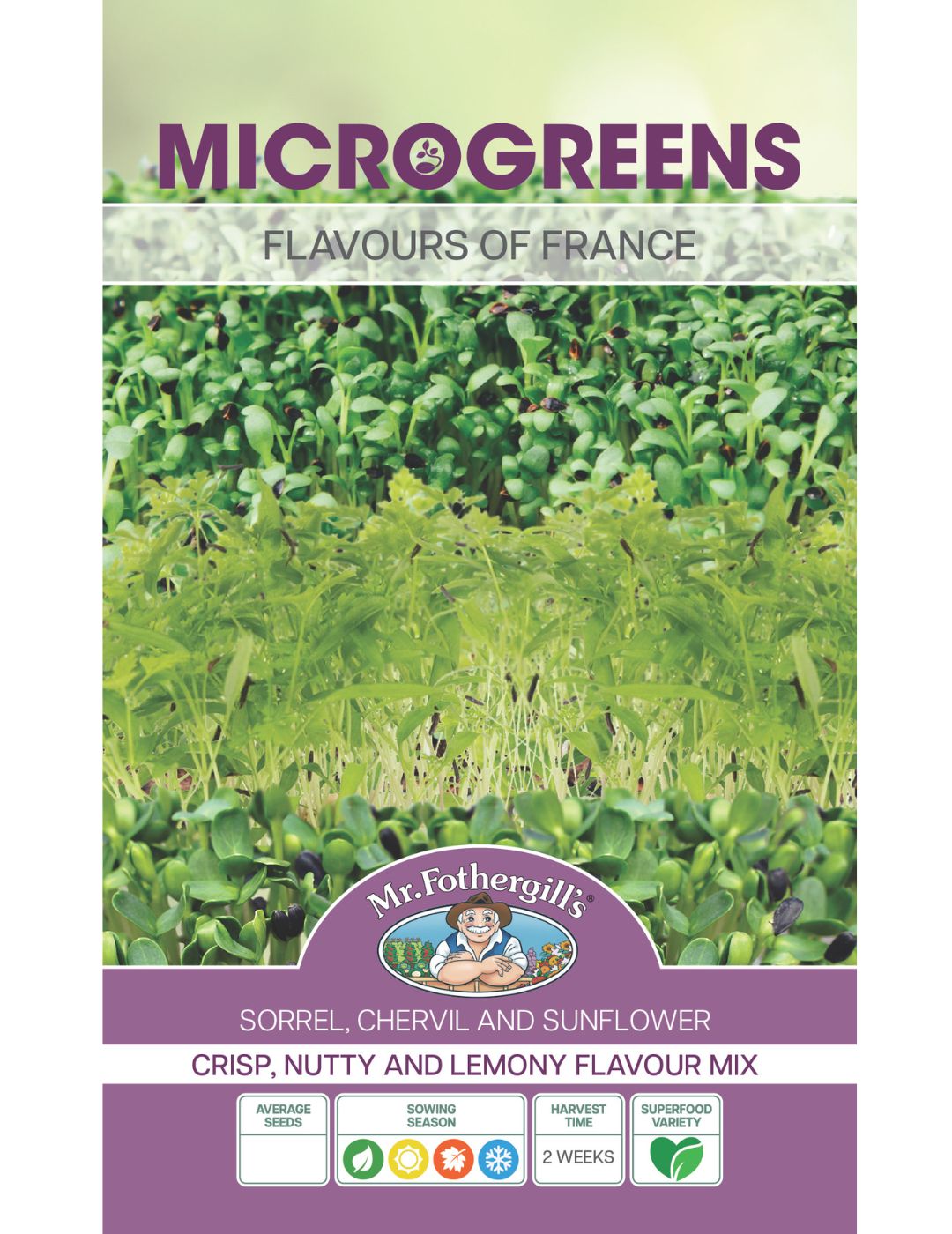
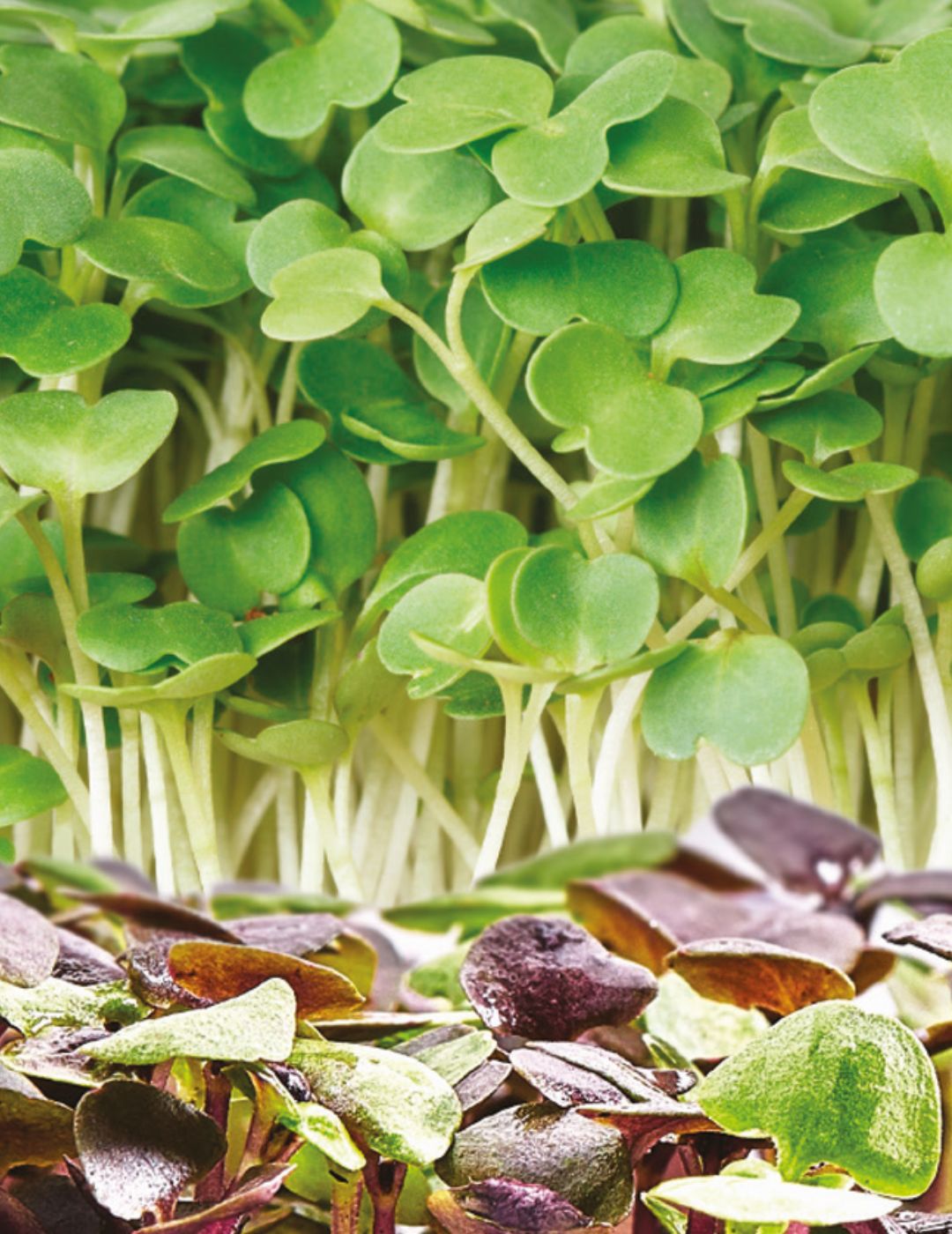
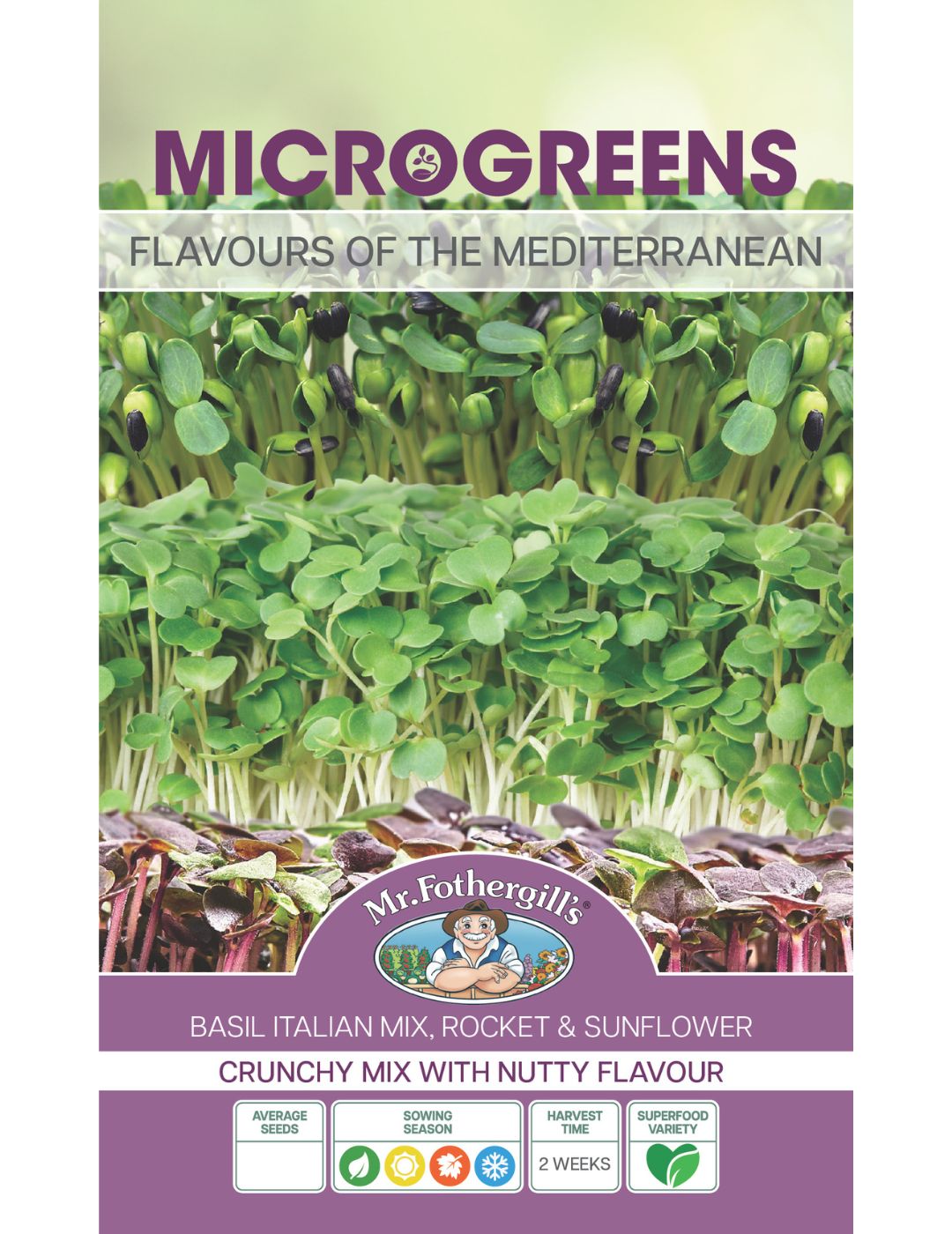
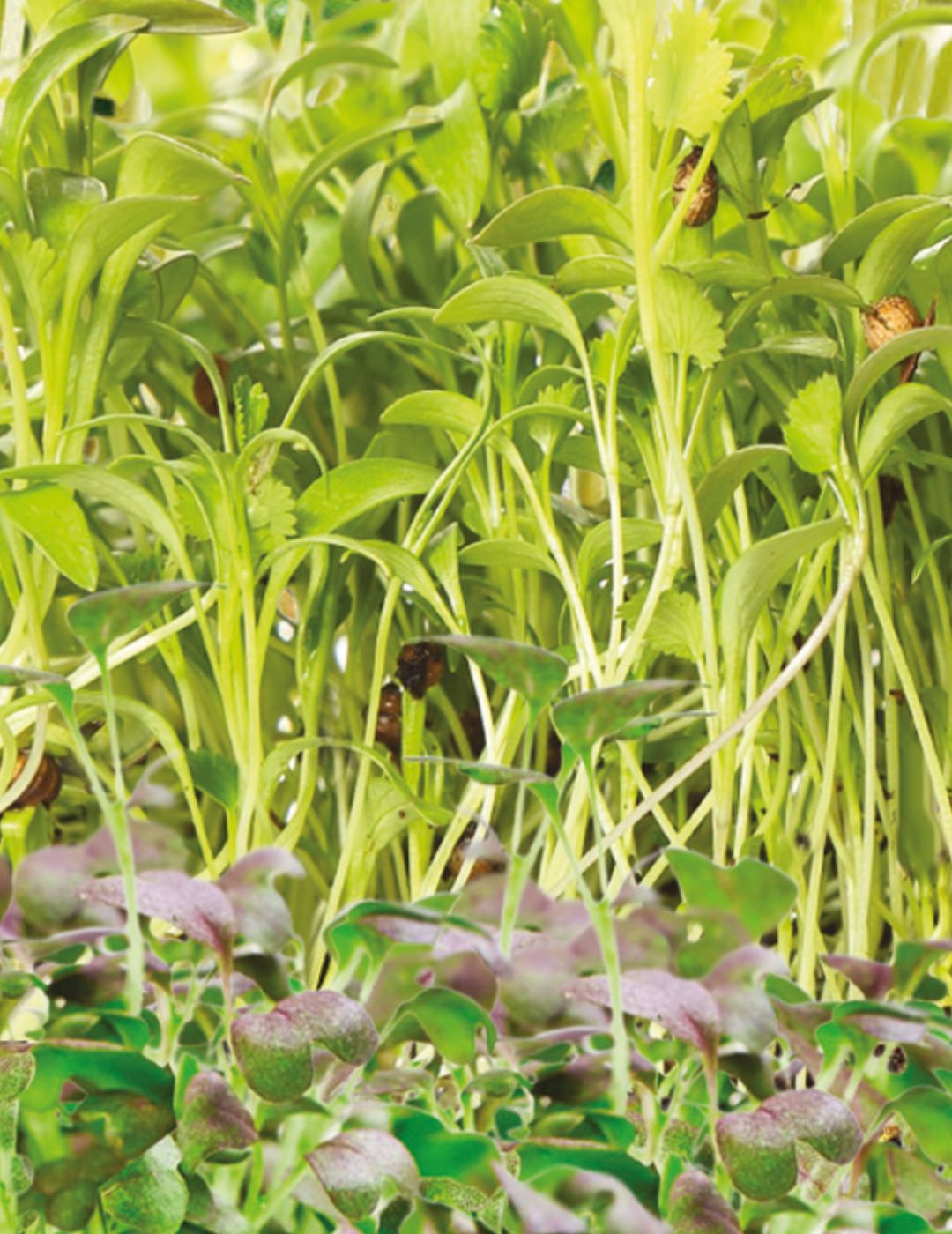
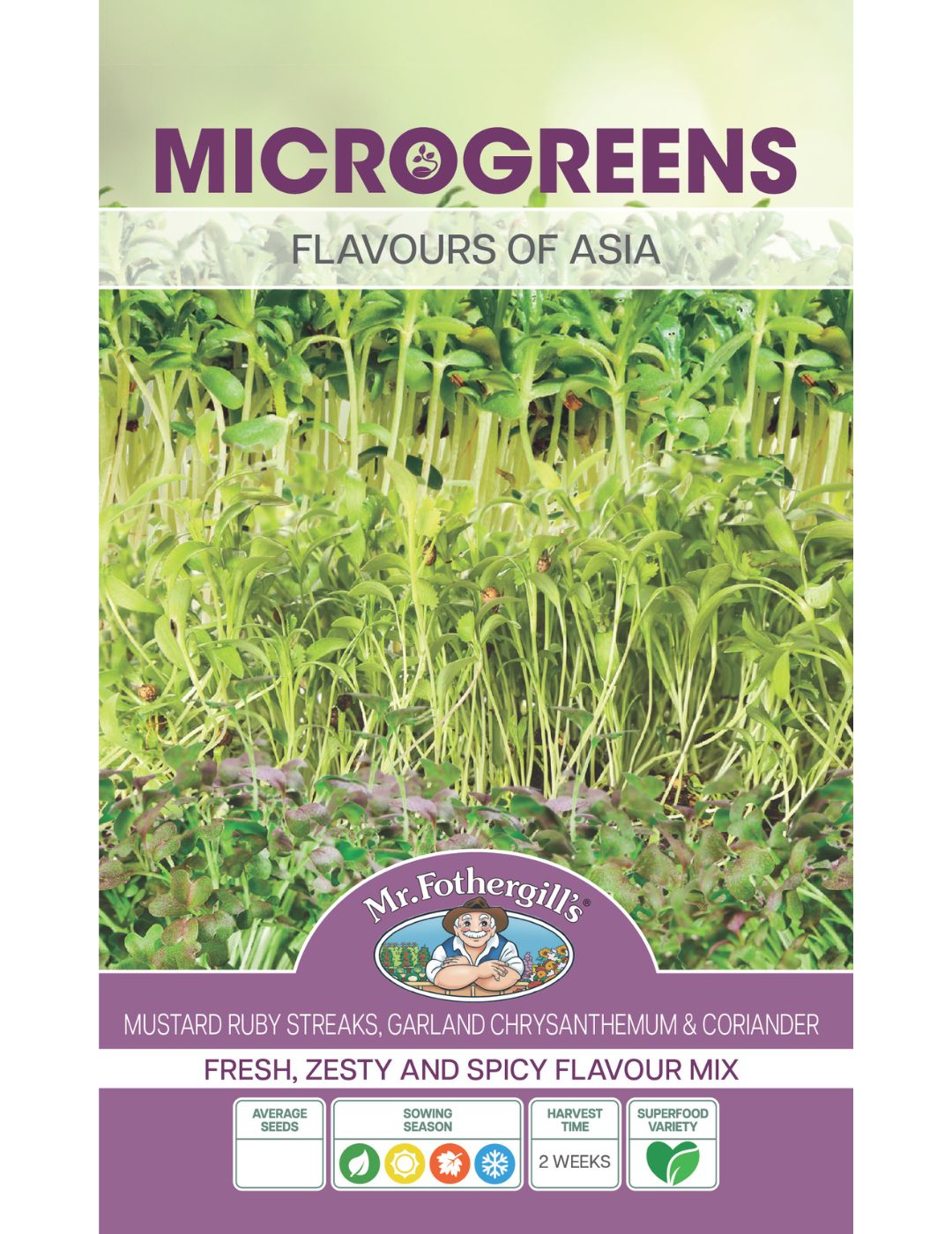
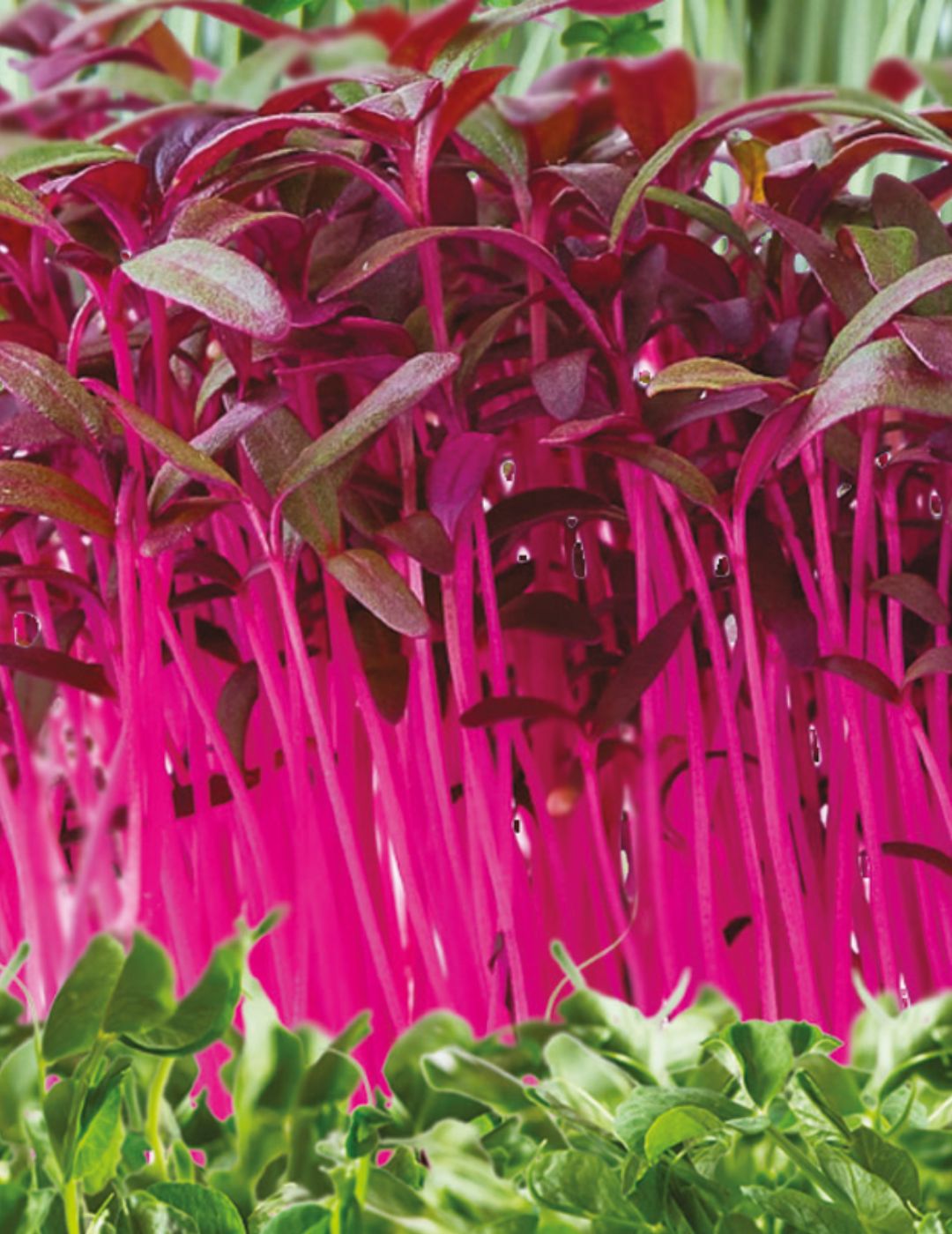

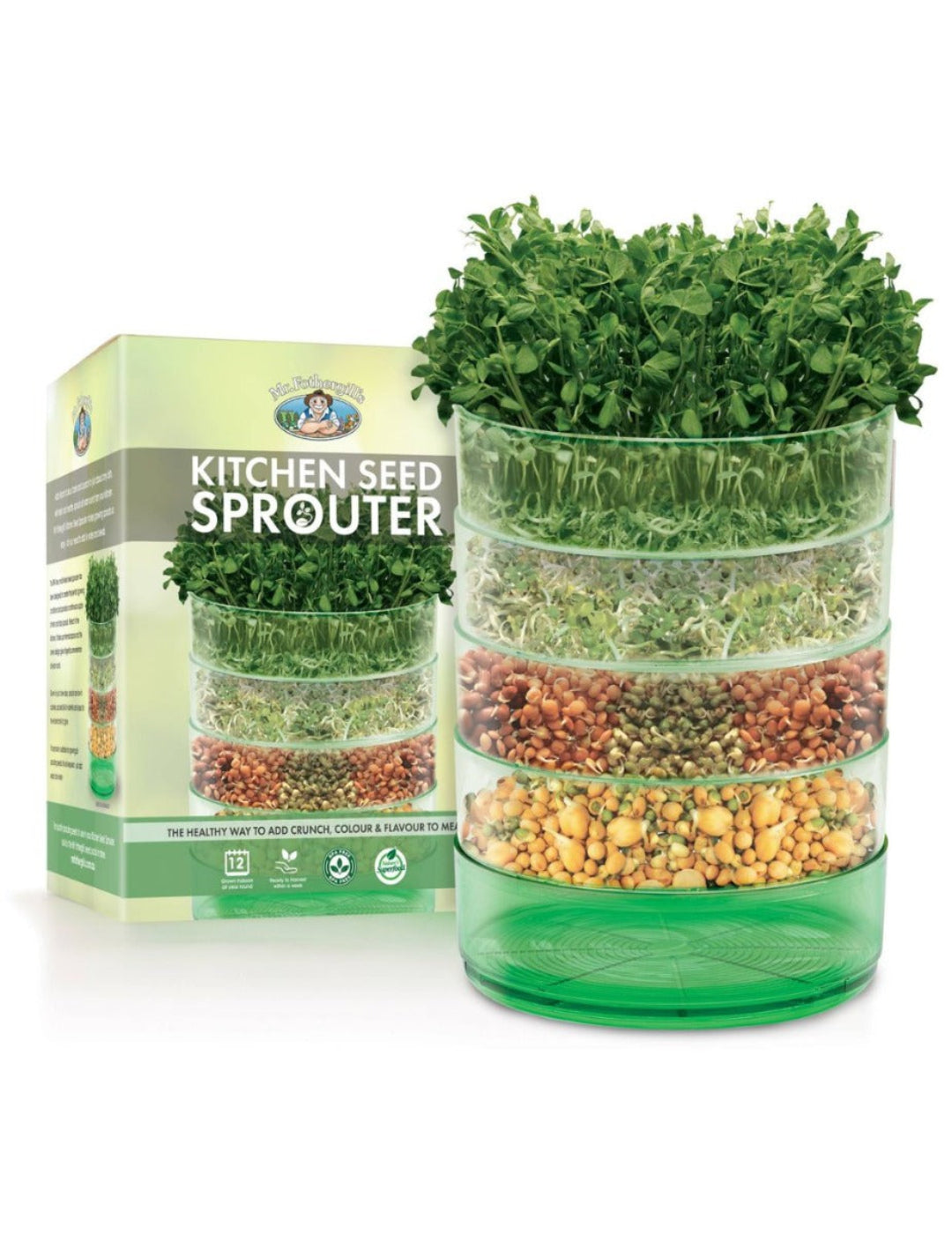
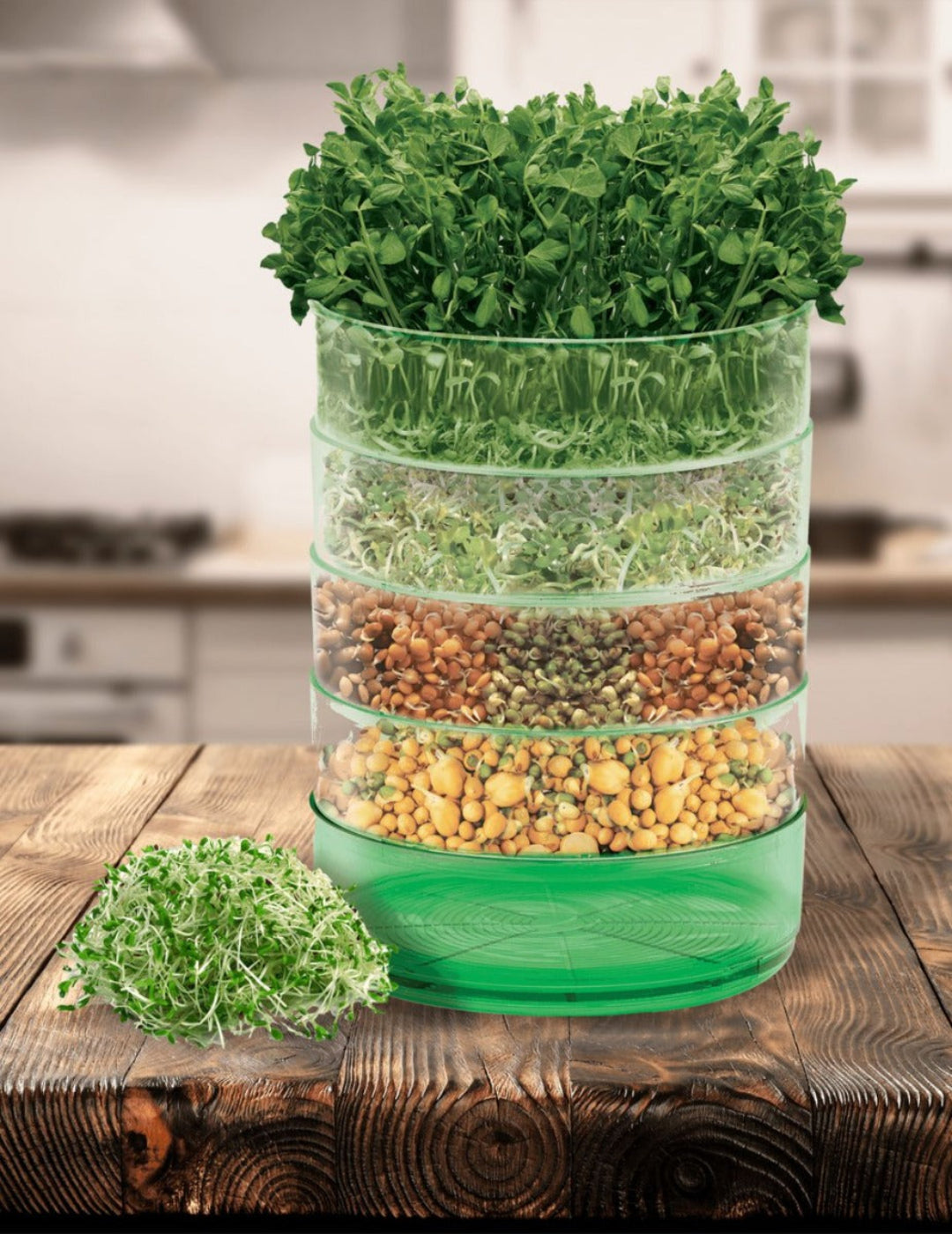
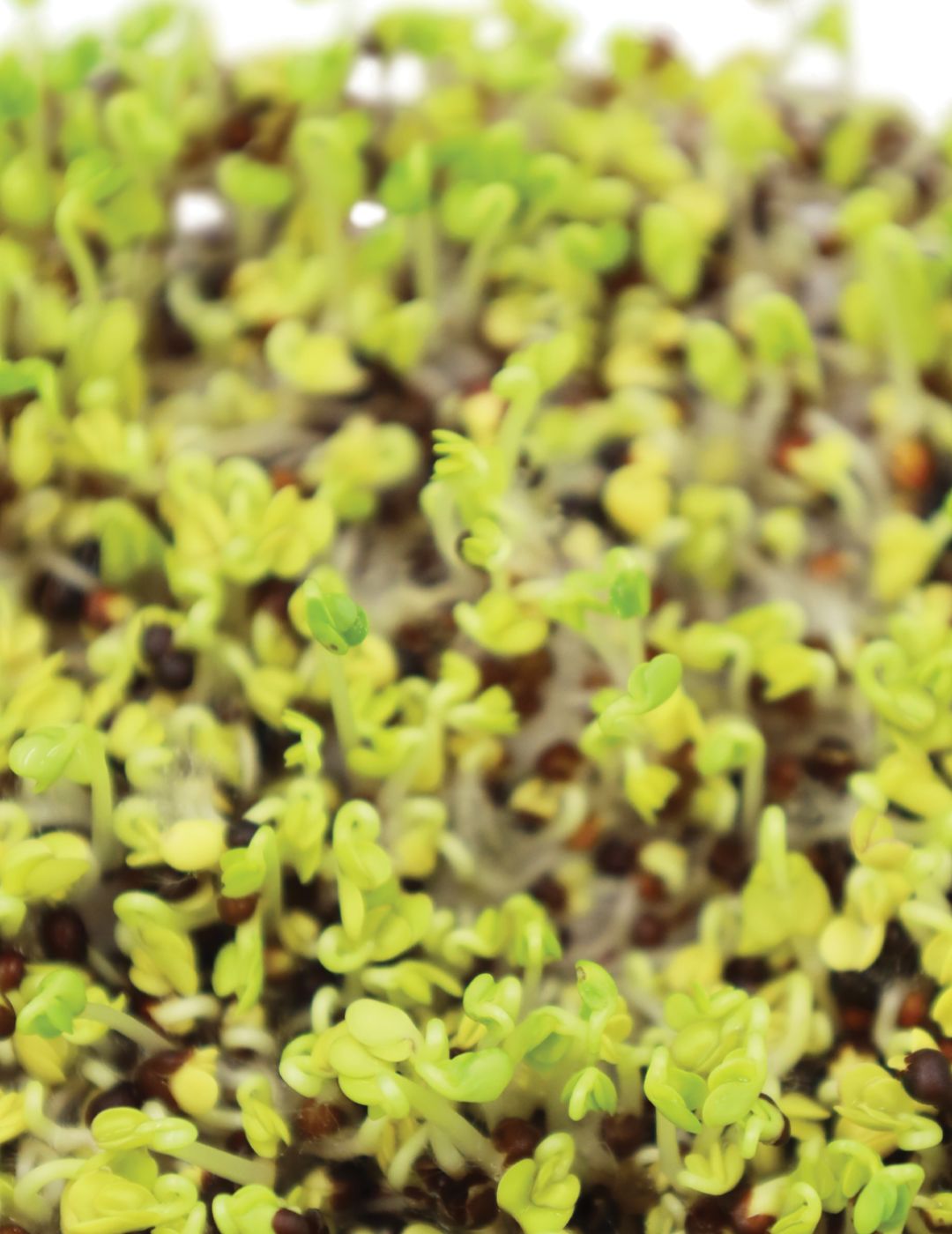
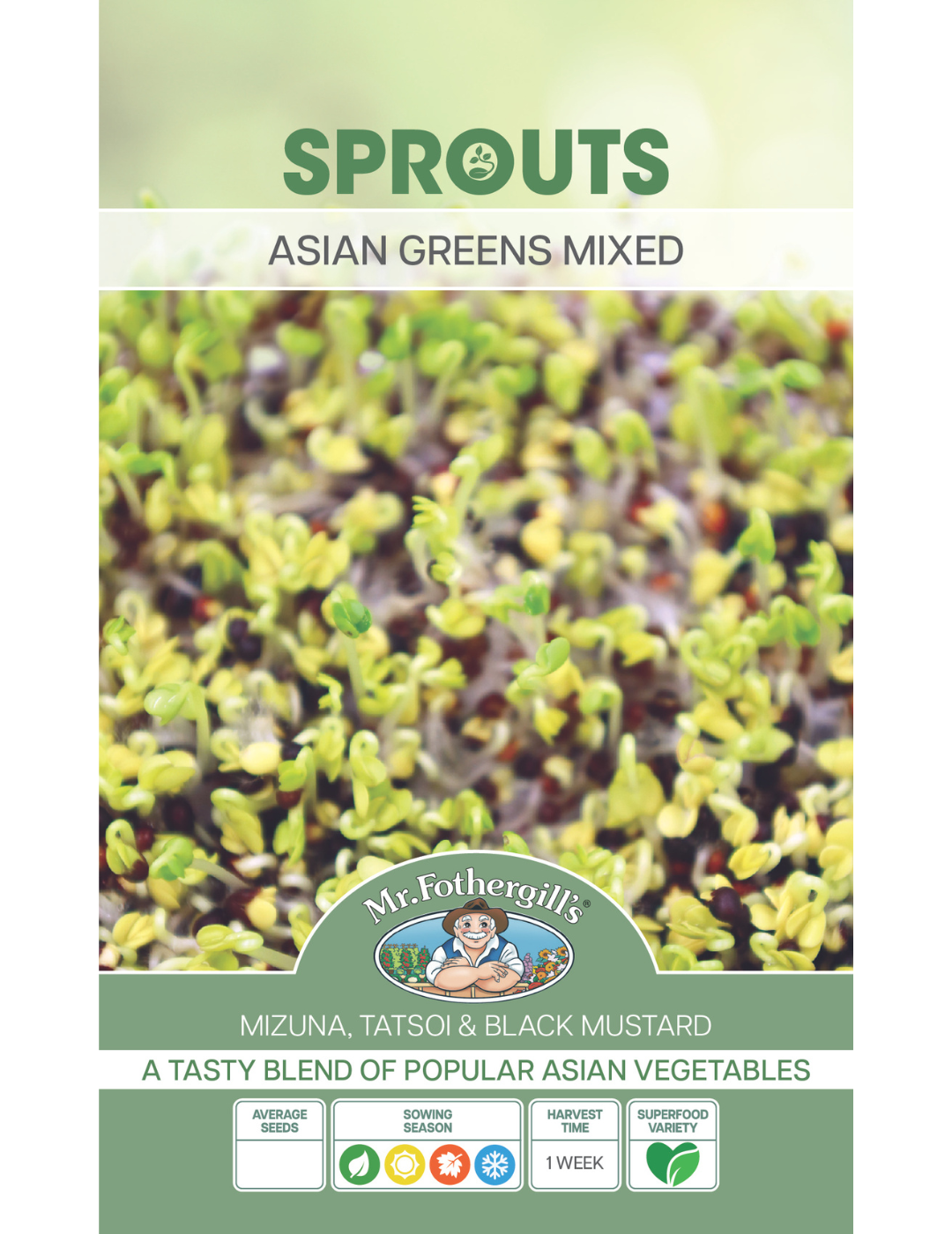
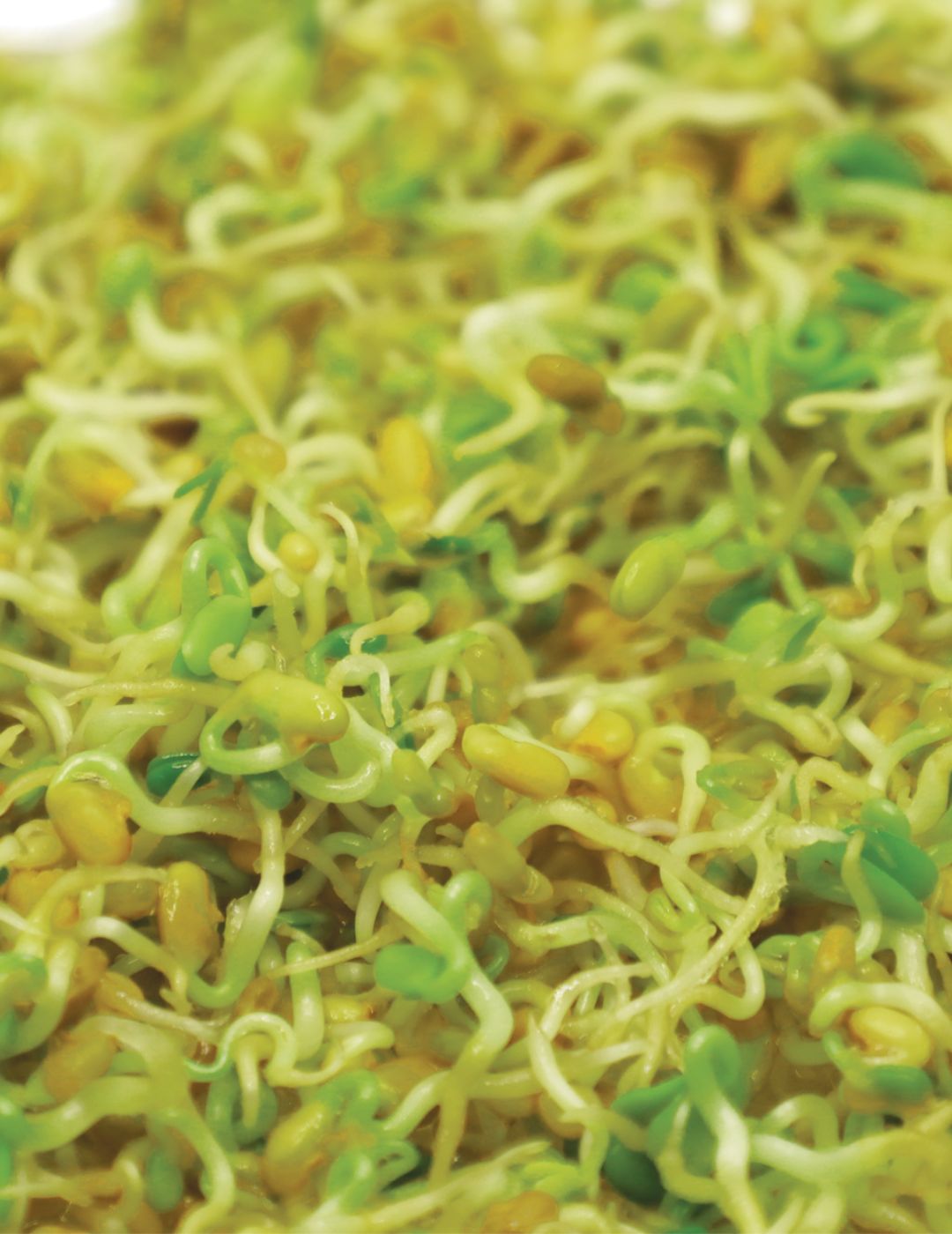
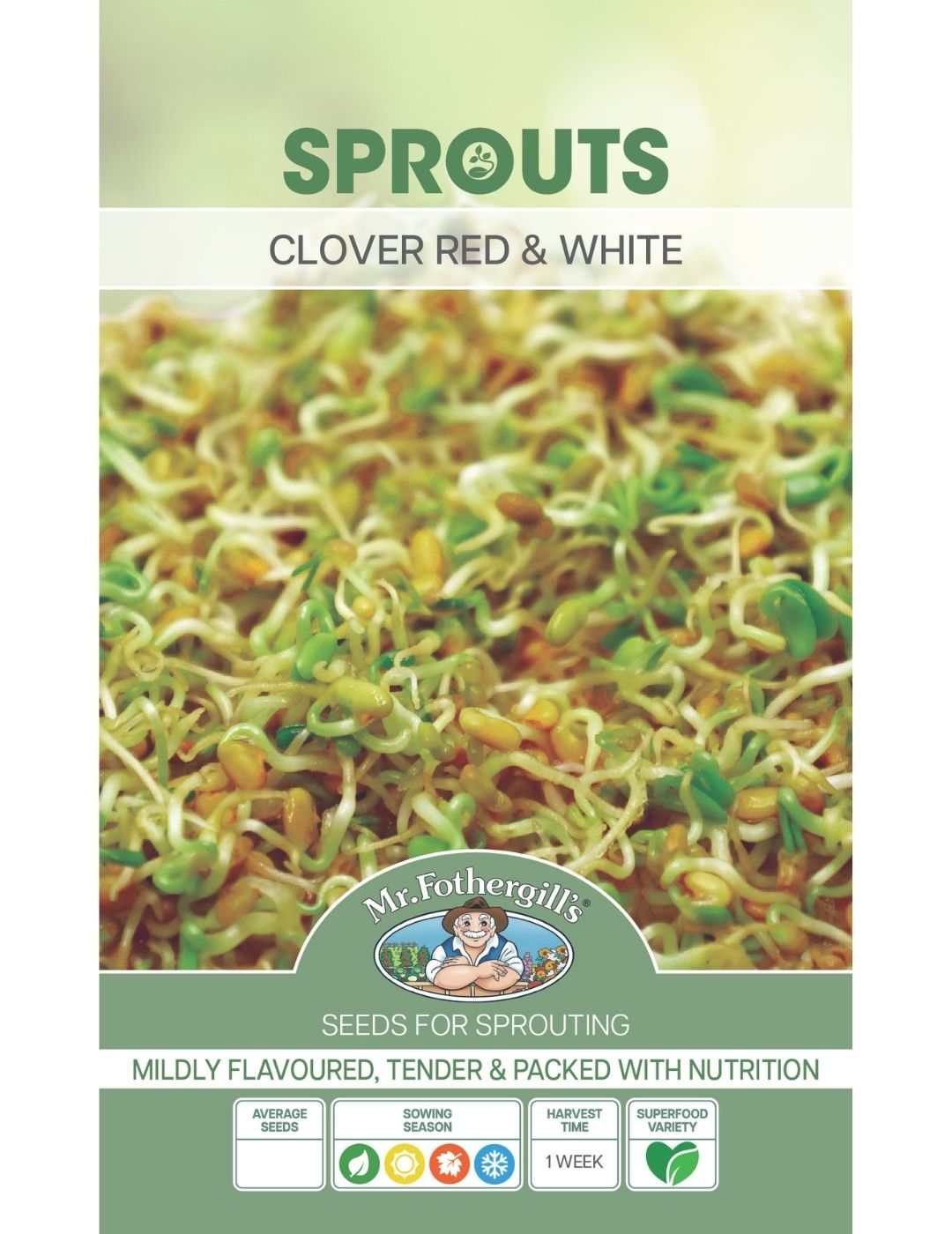
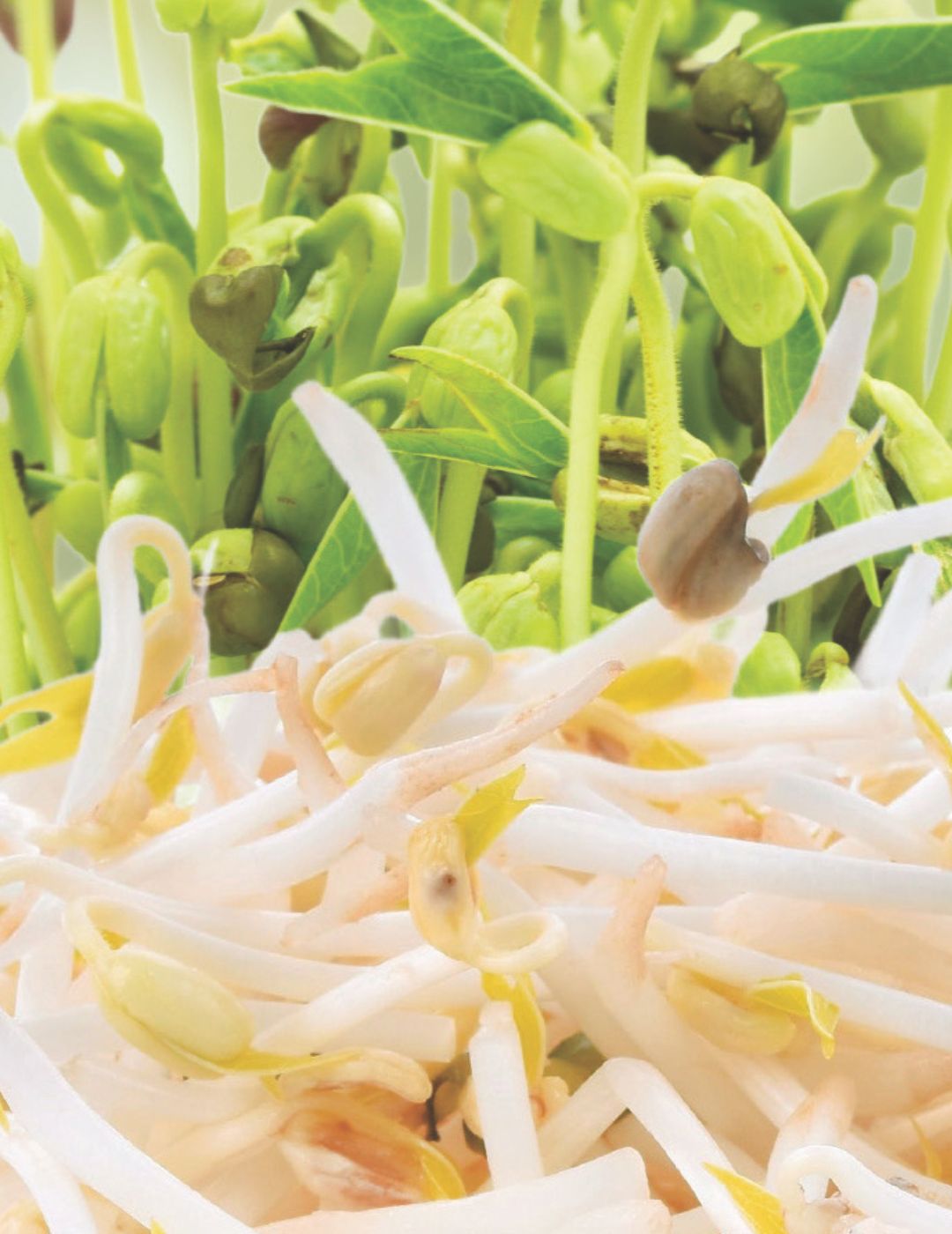
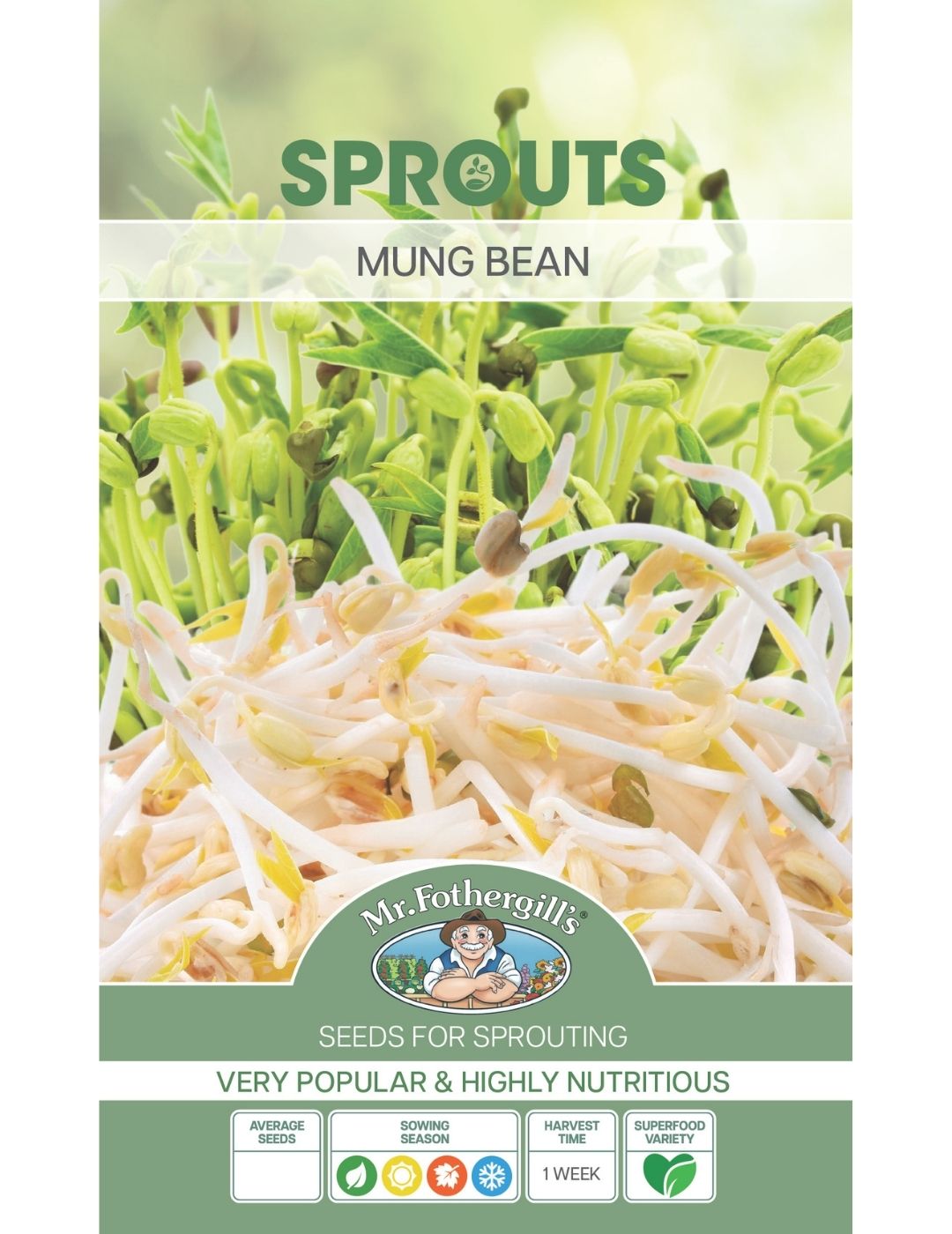
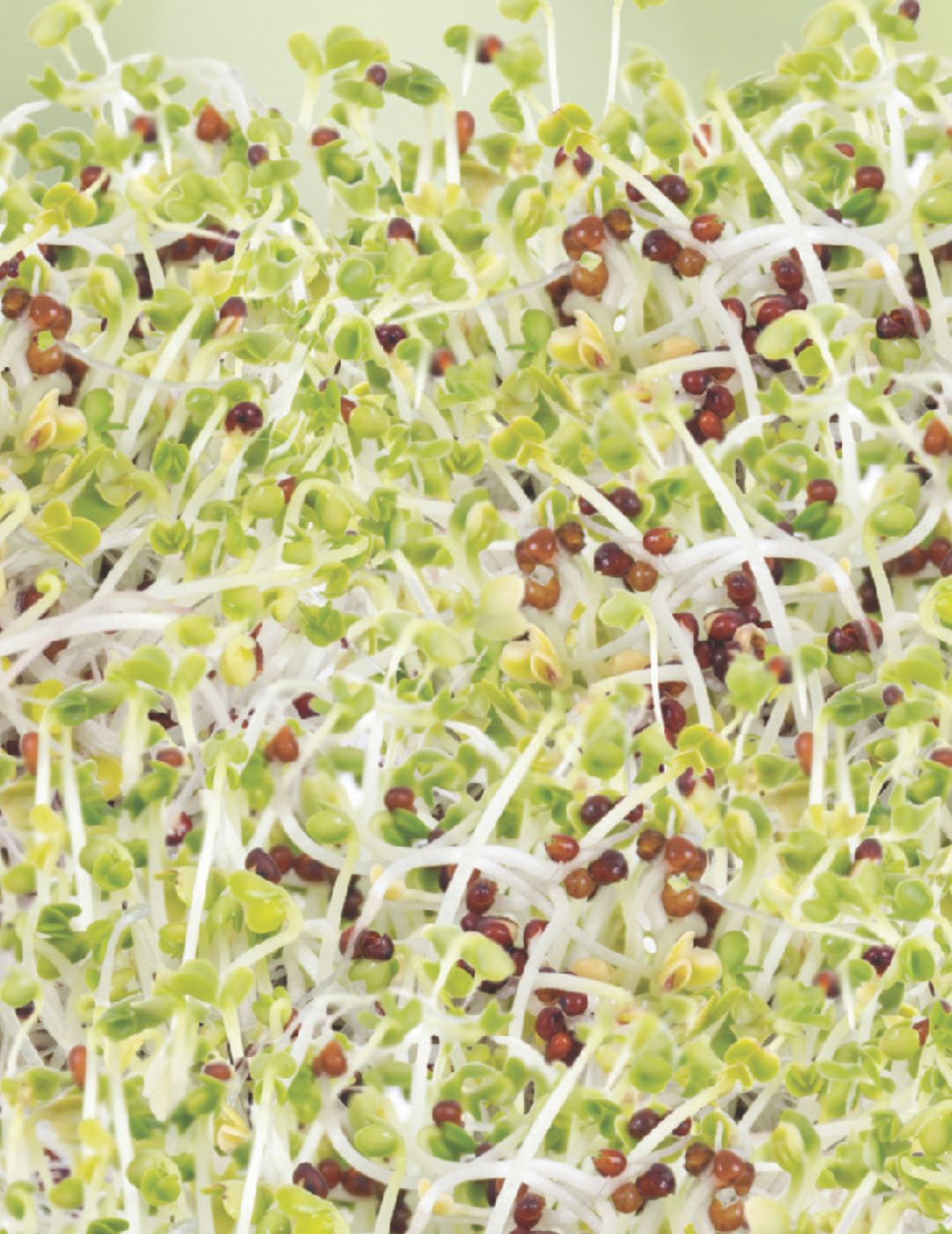
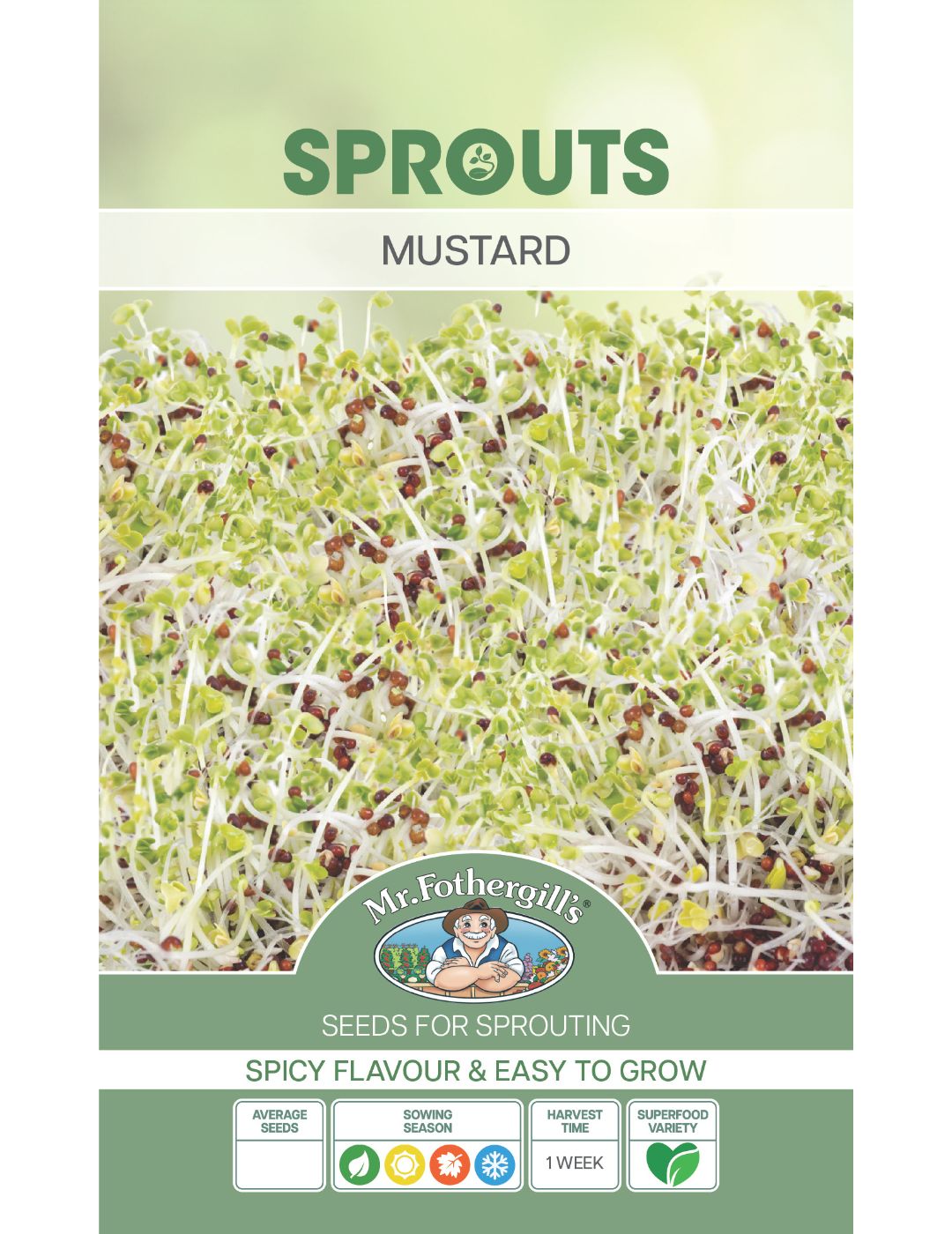
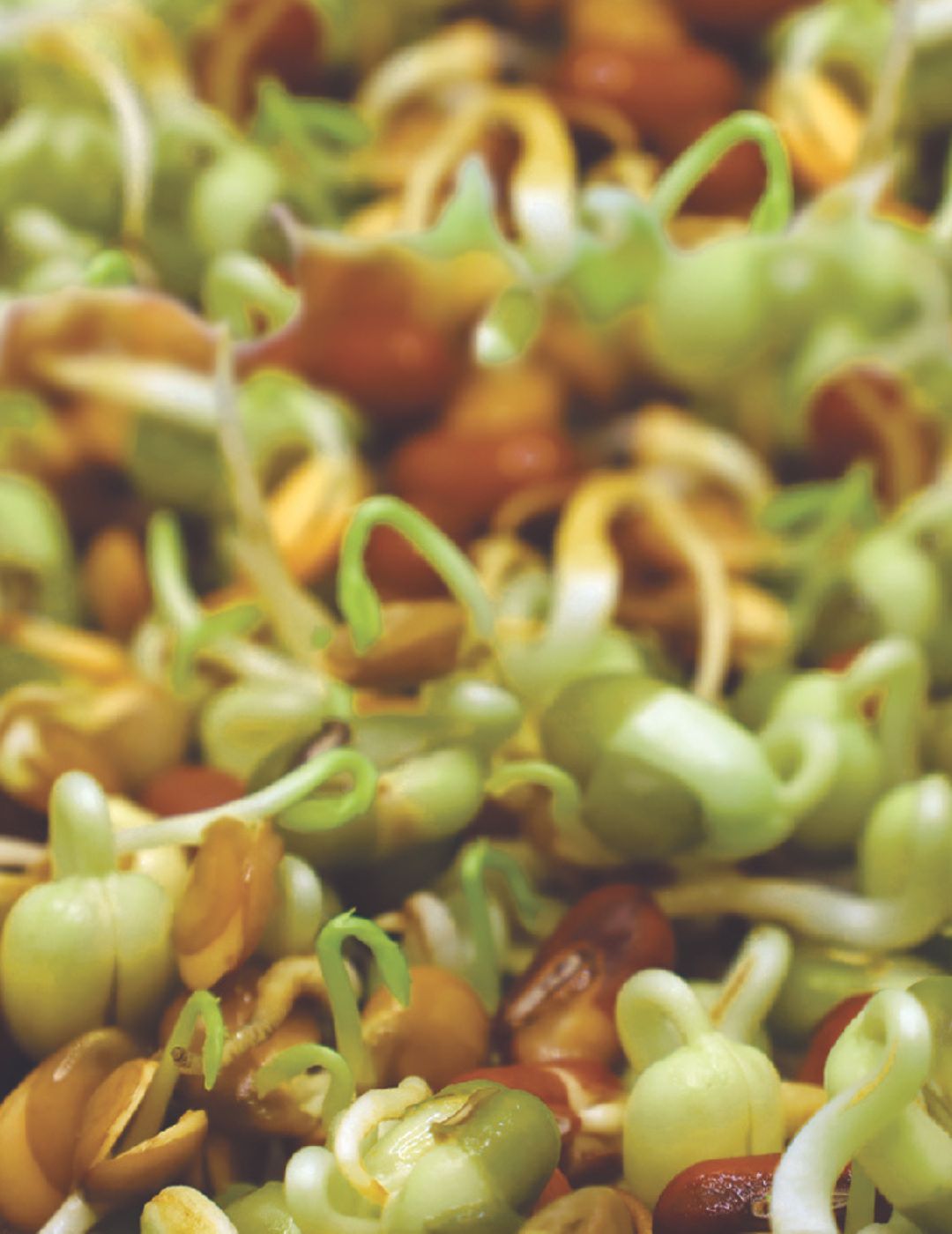
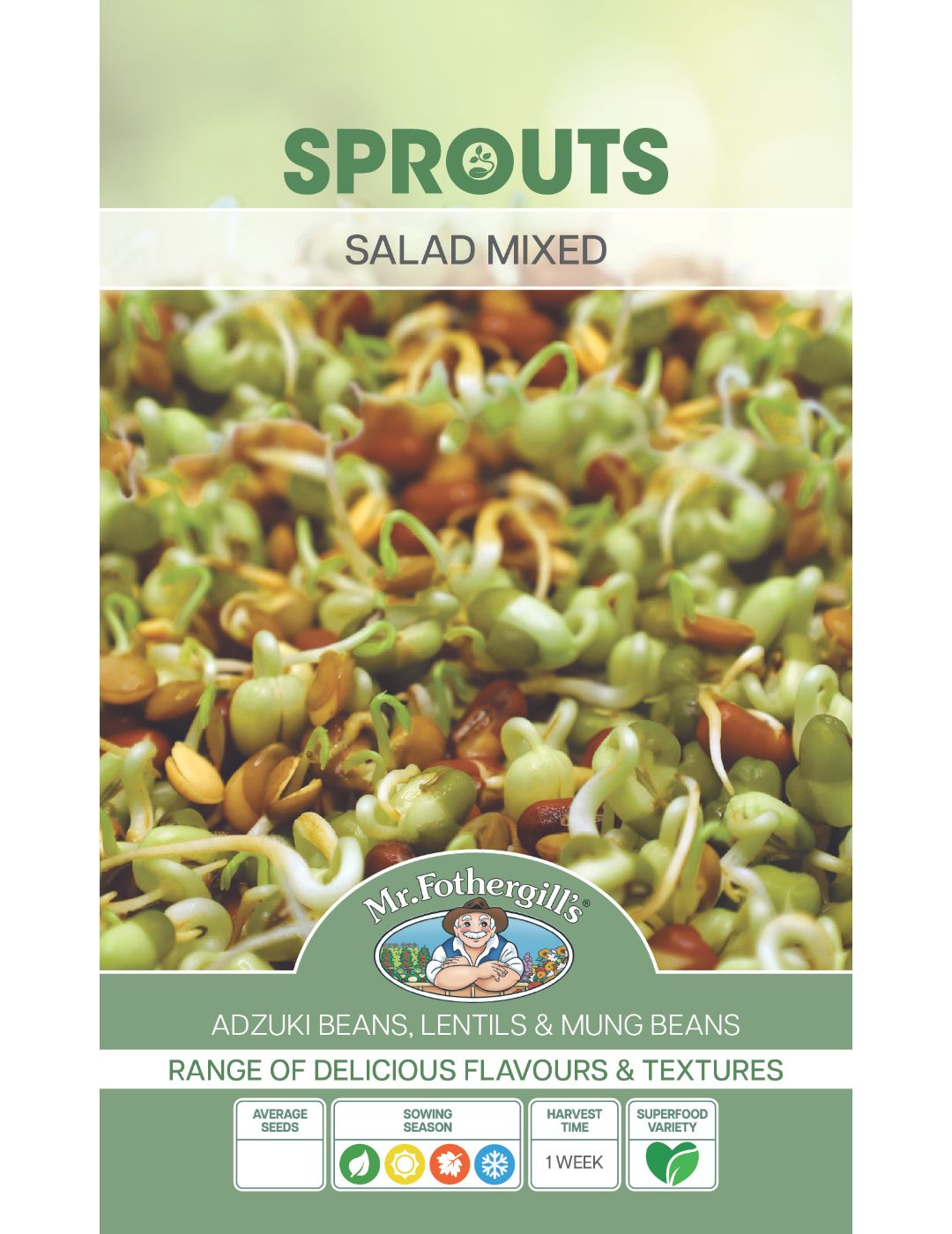
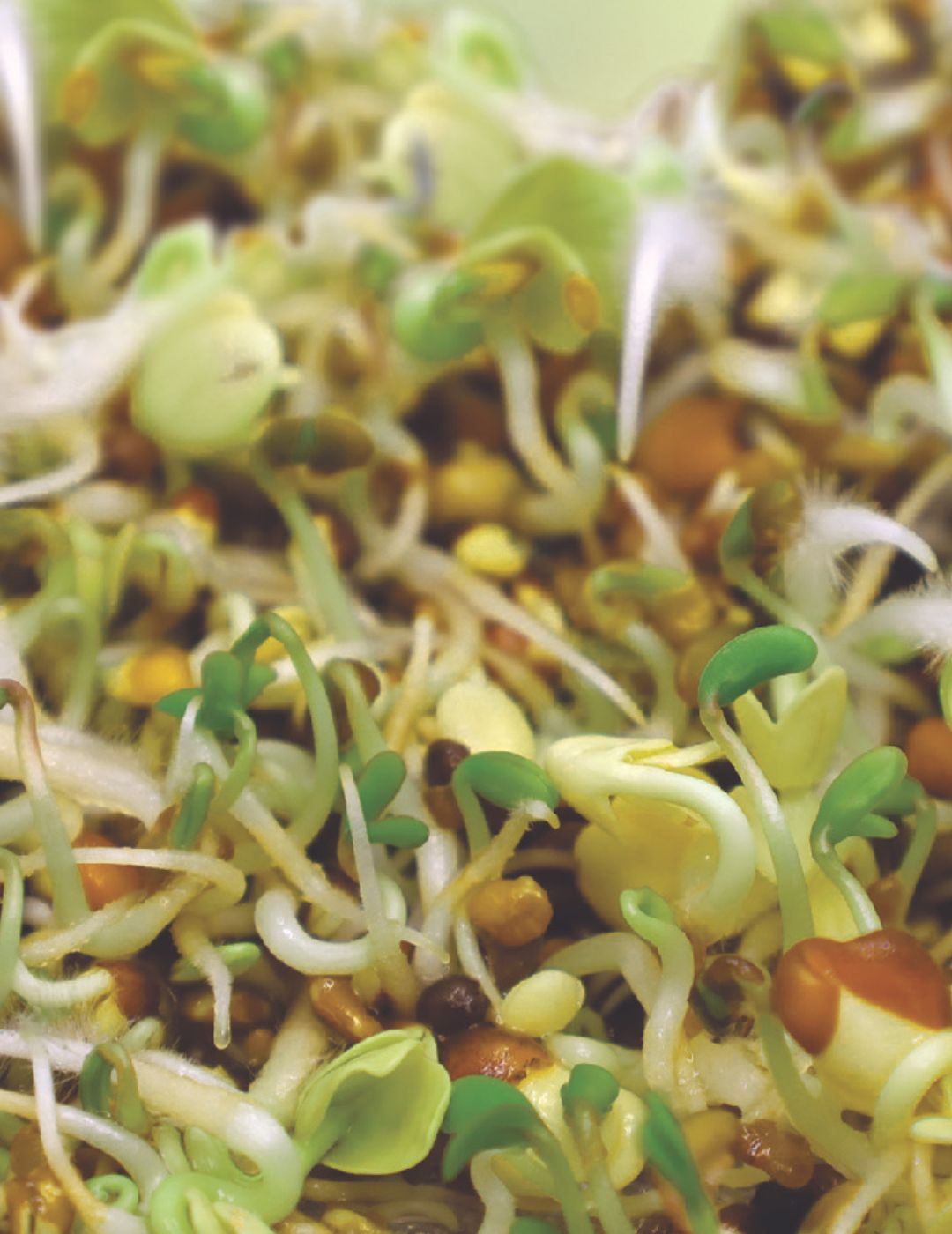
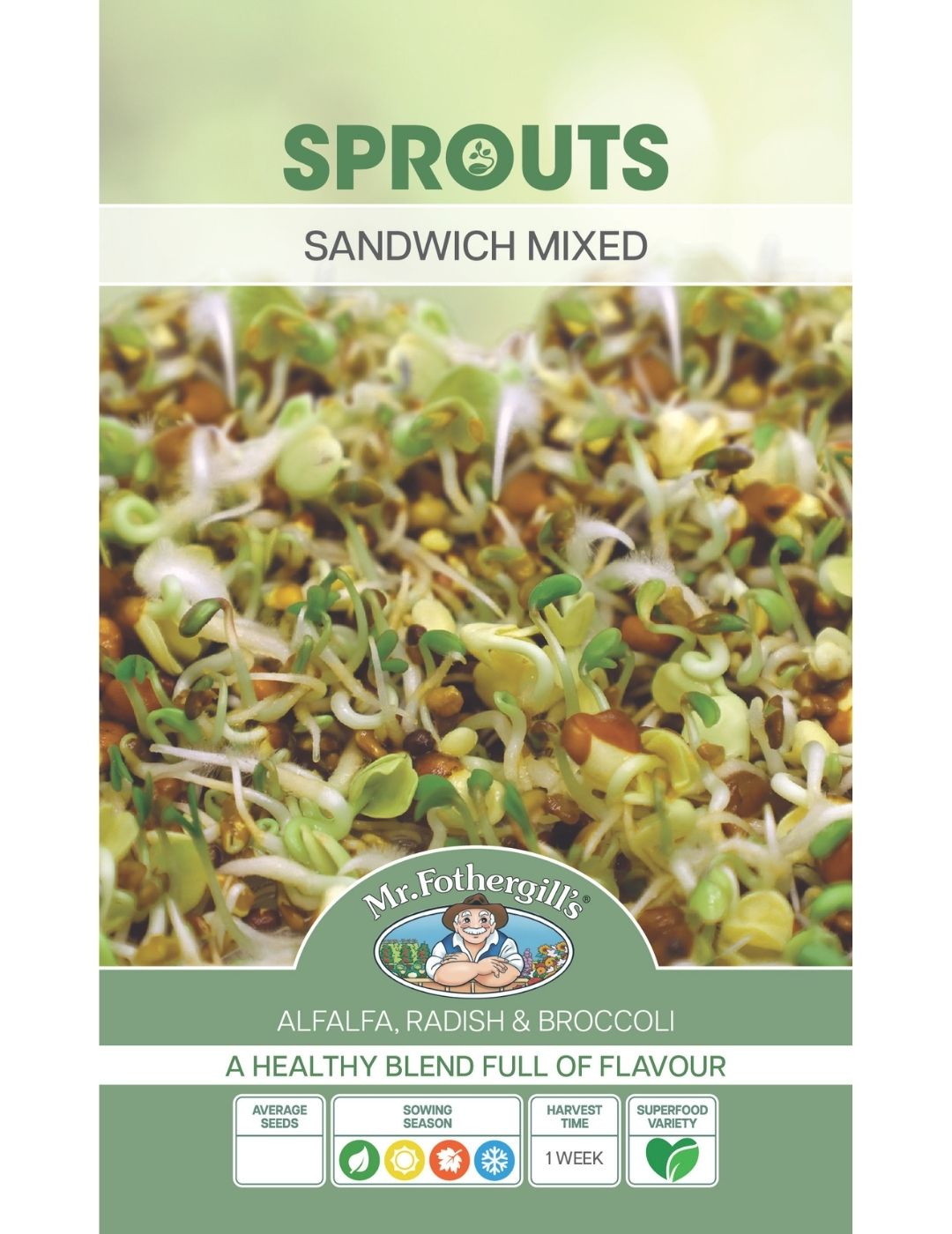
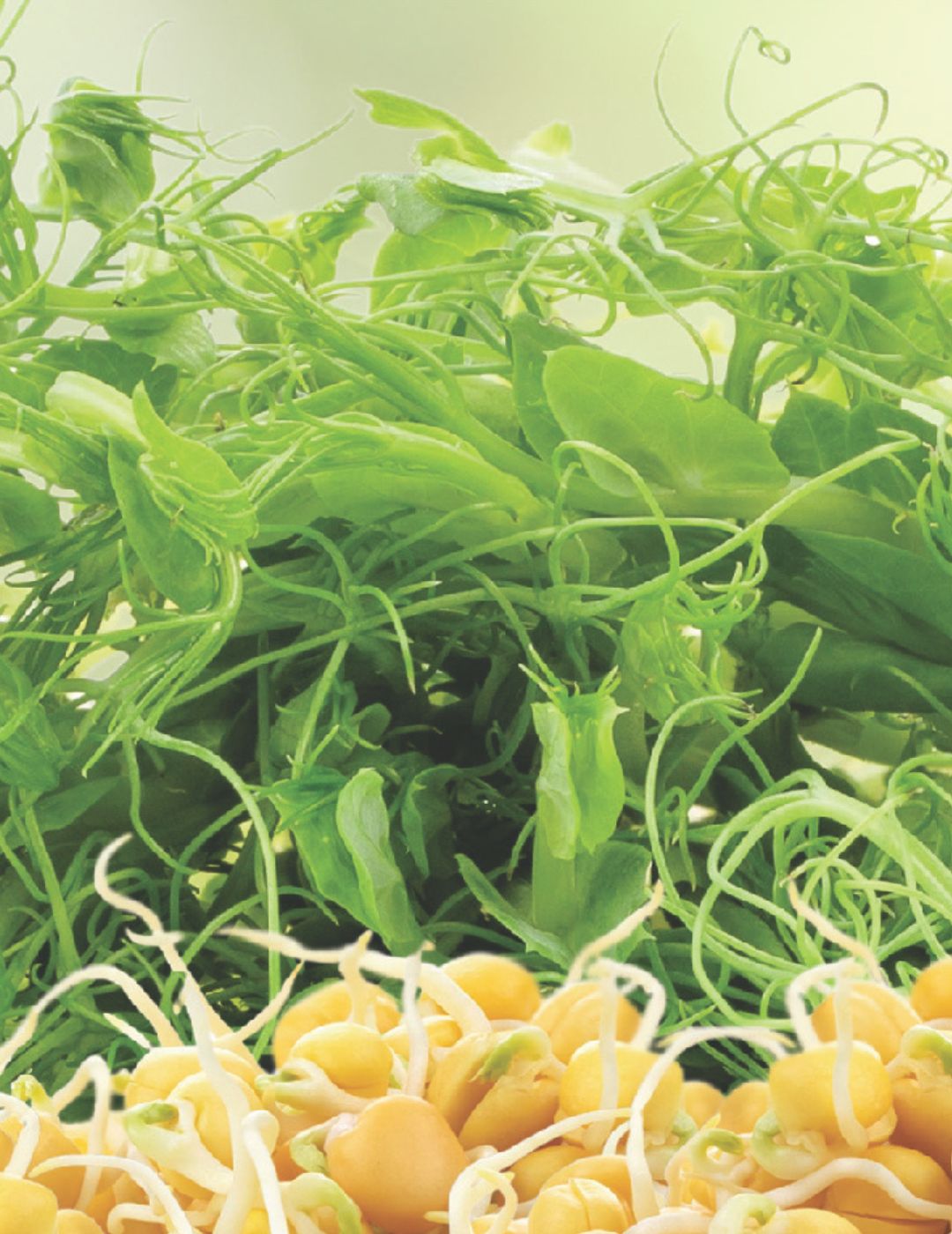
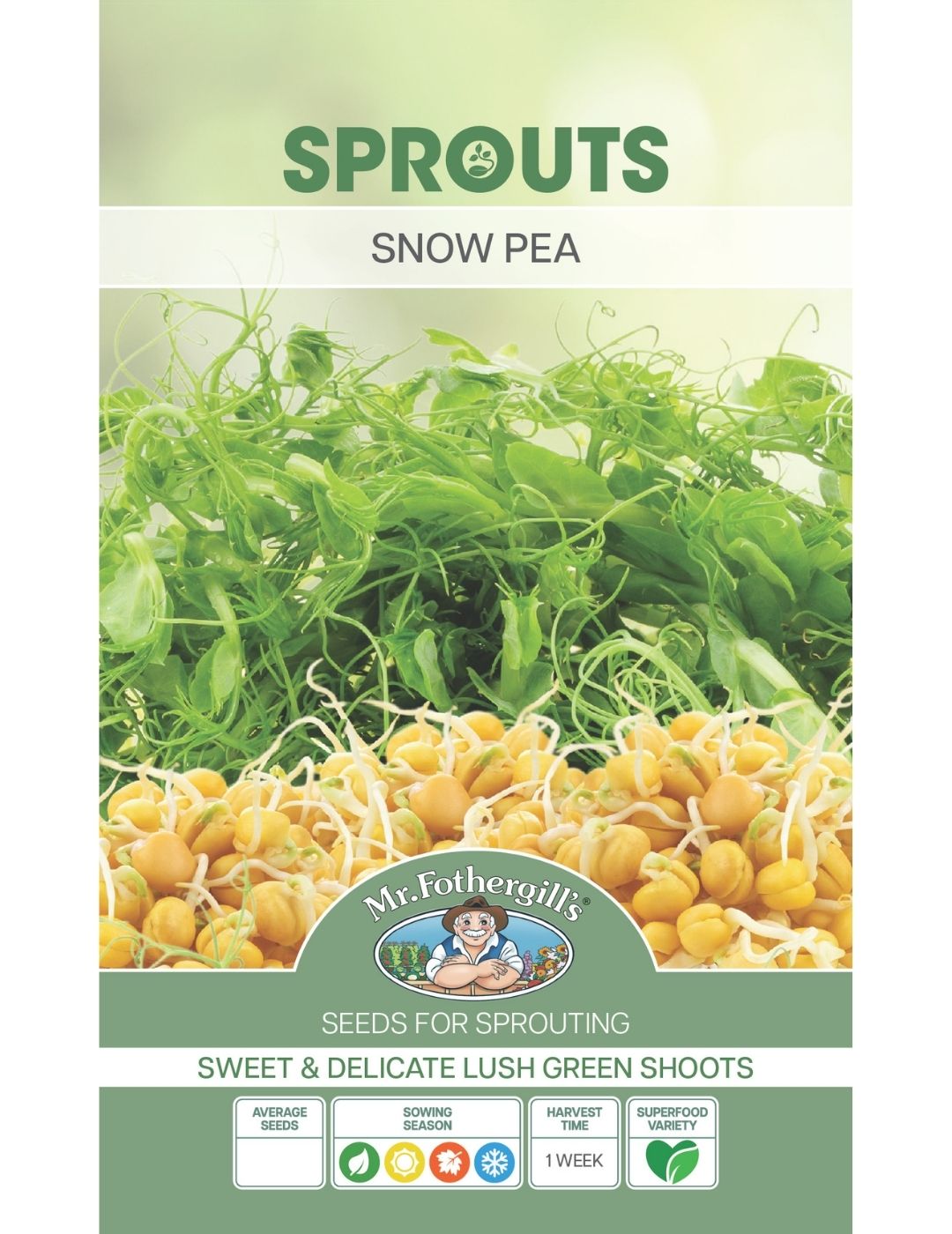
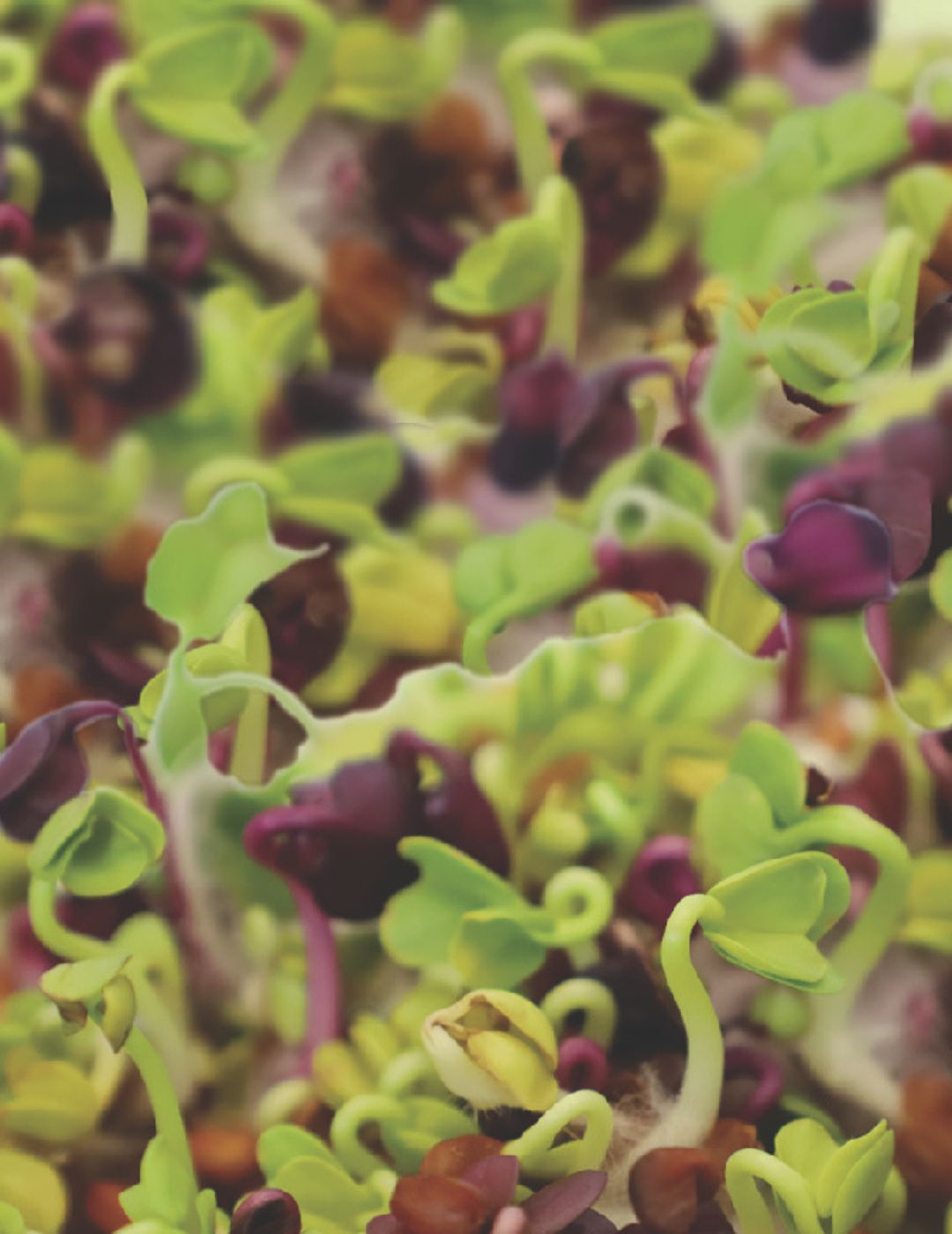
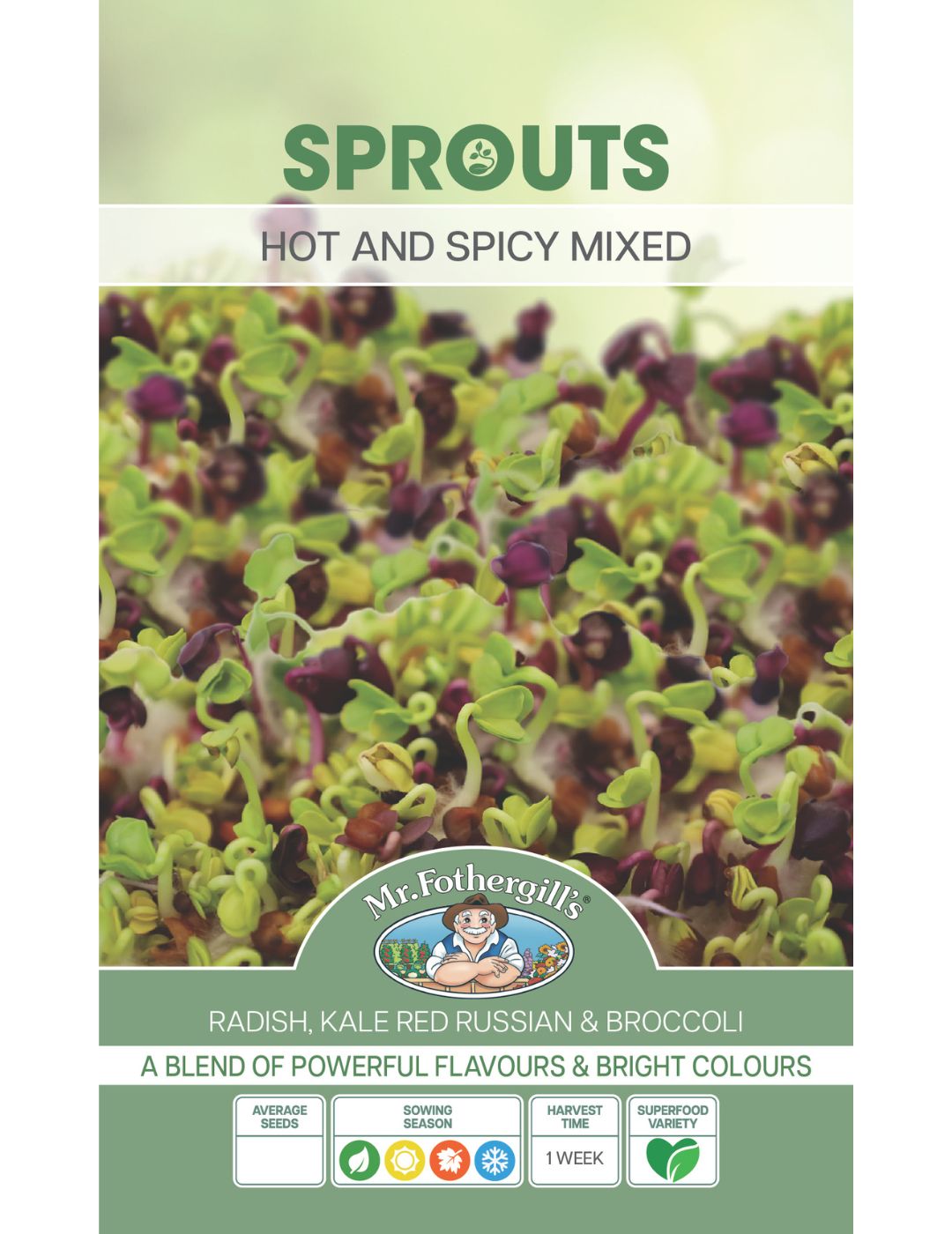
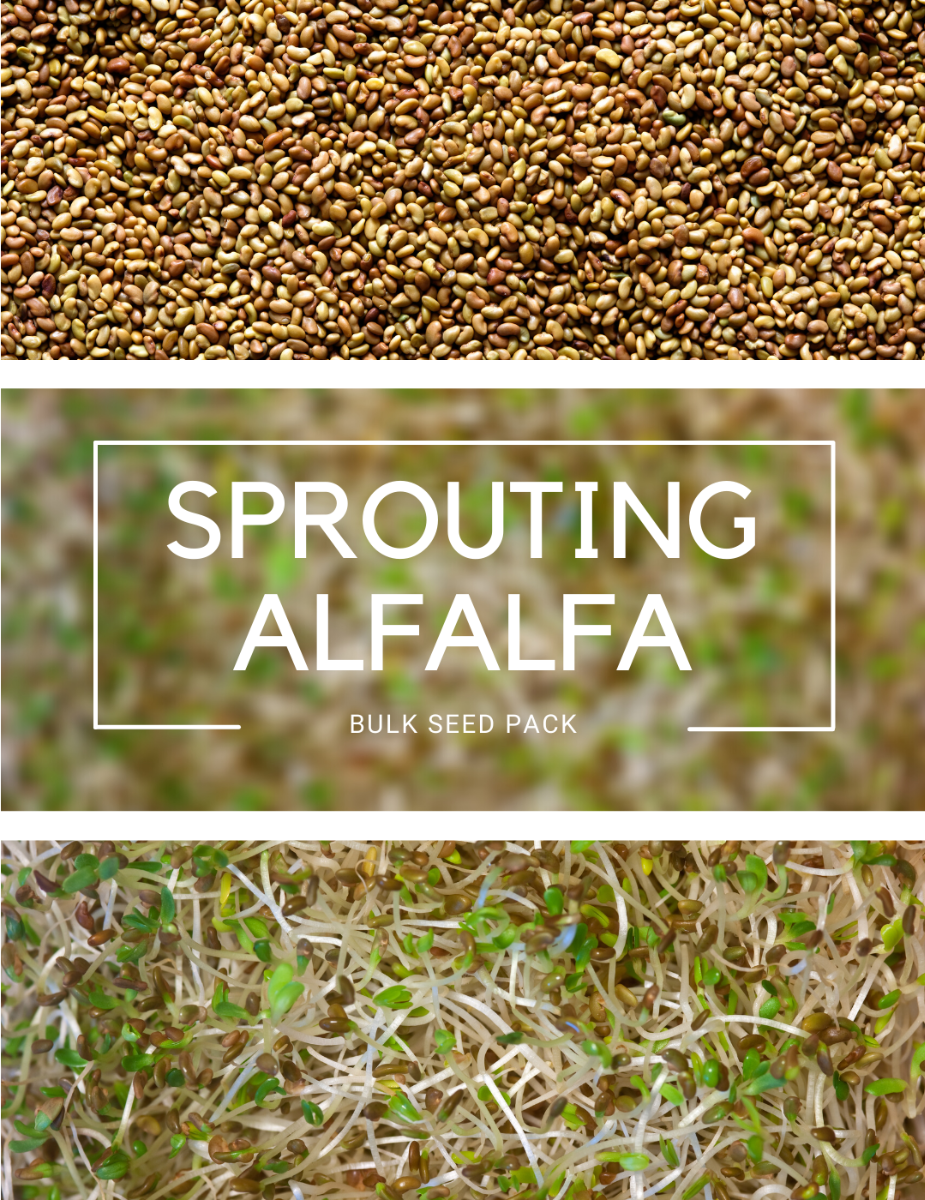

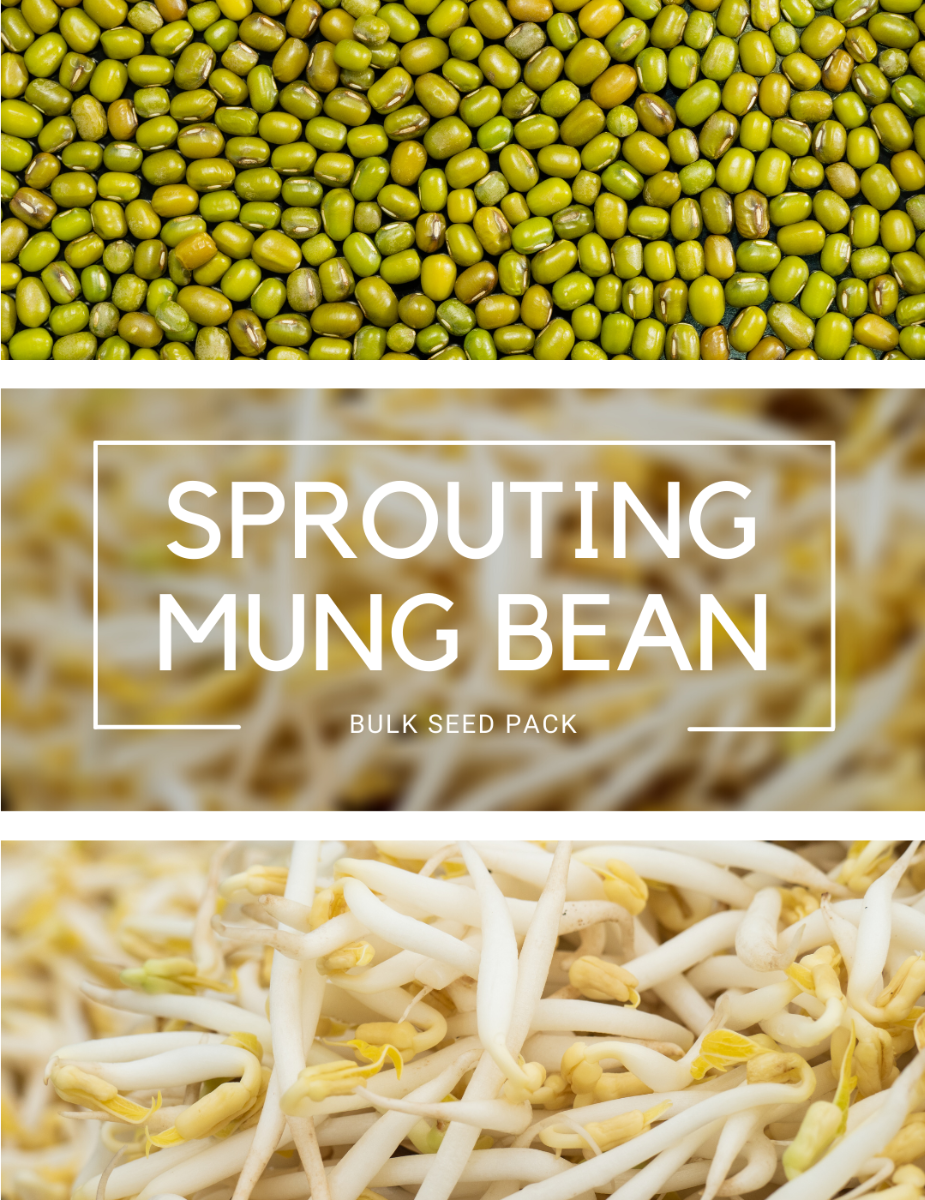
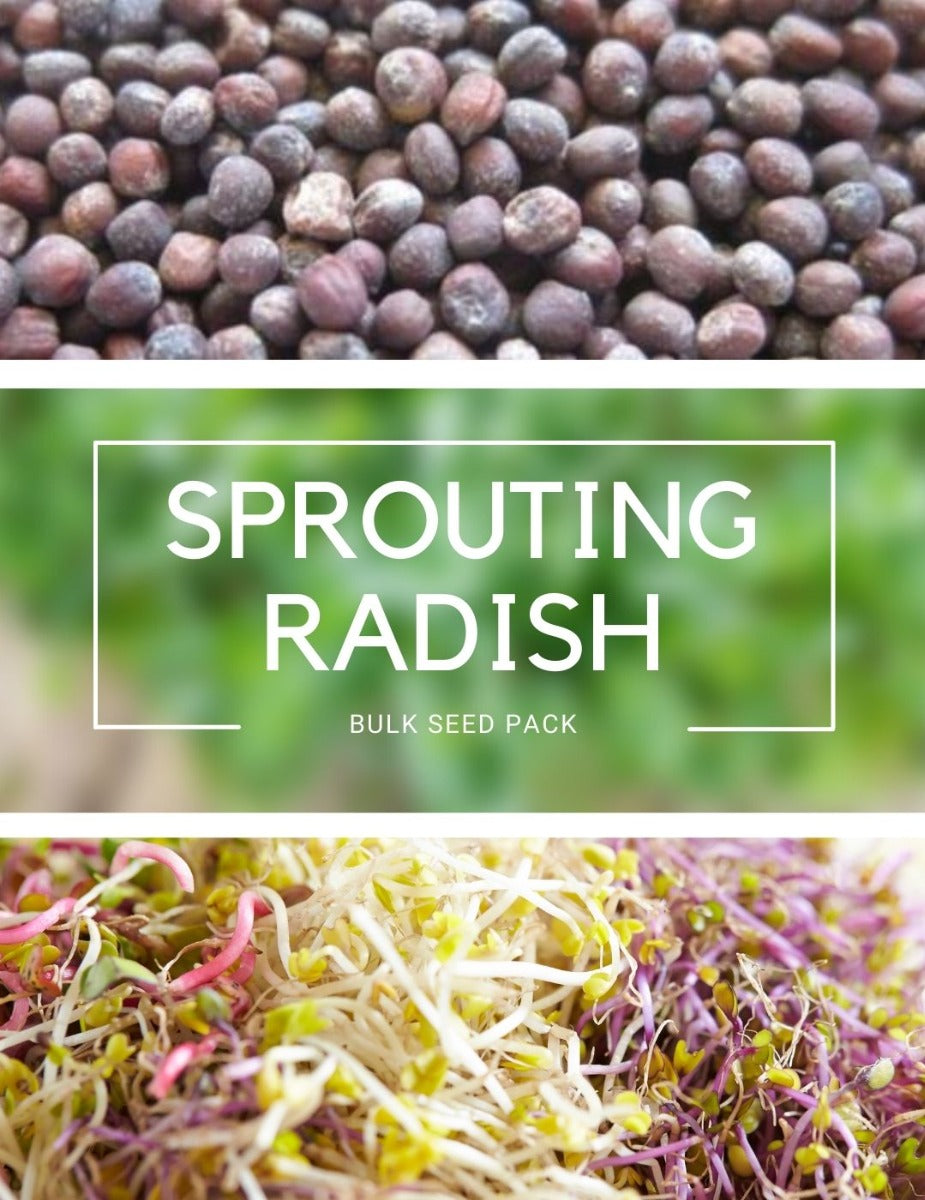





Leave a comment
All comments are moderated before being published.
This site is protected by hCaptcha and the hCaptcha Privacy Policy and Terms of Service apply.